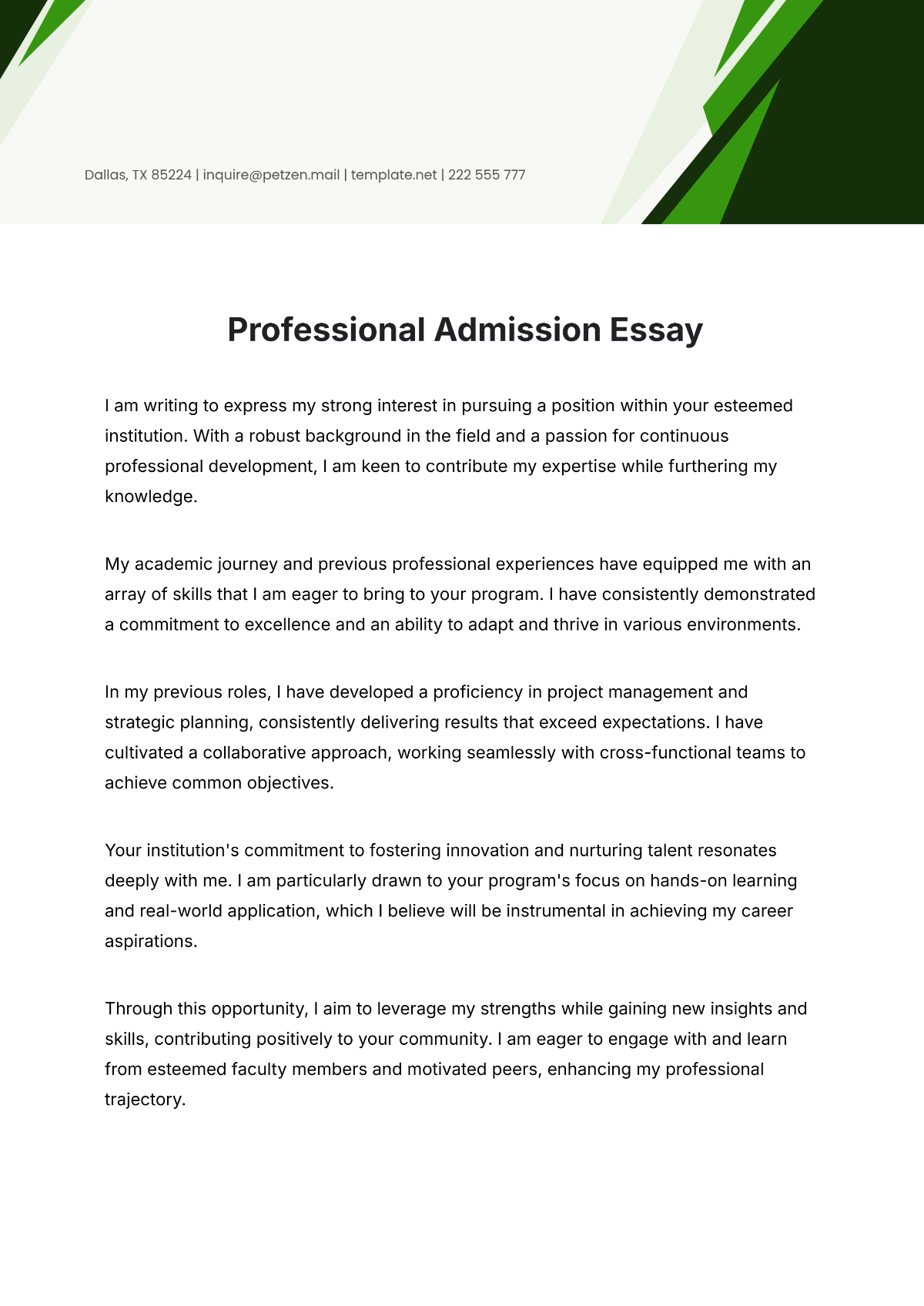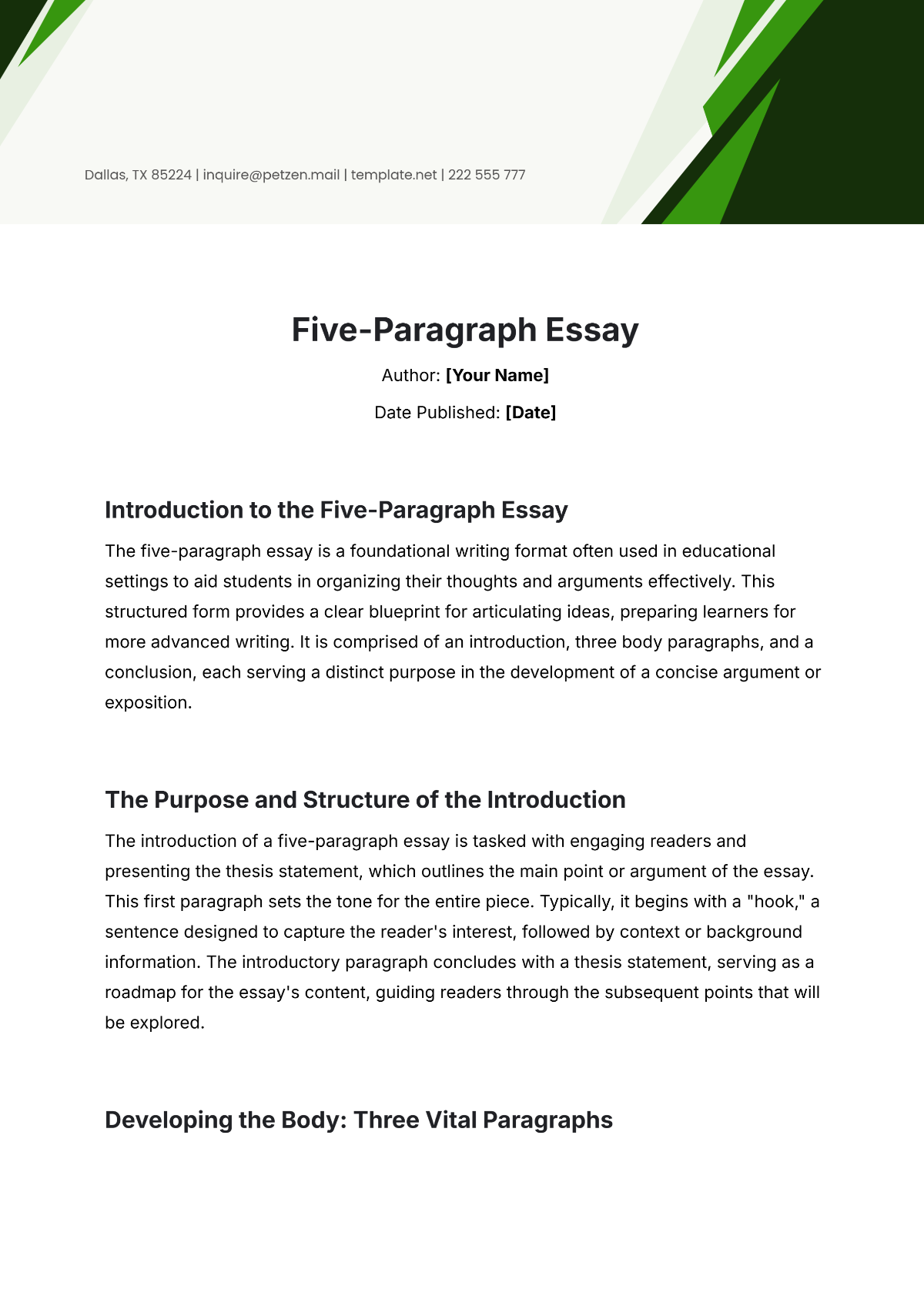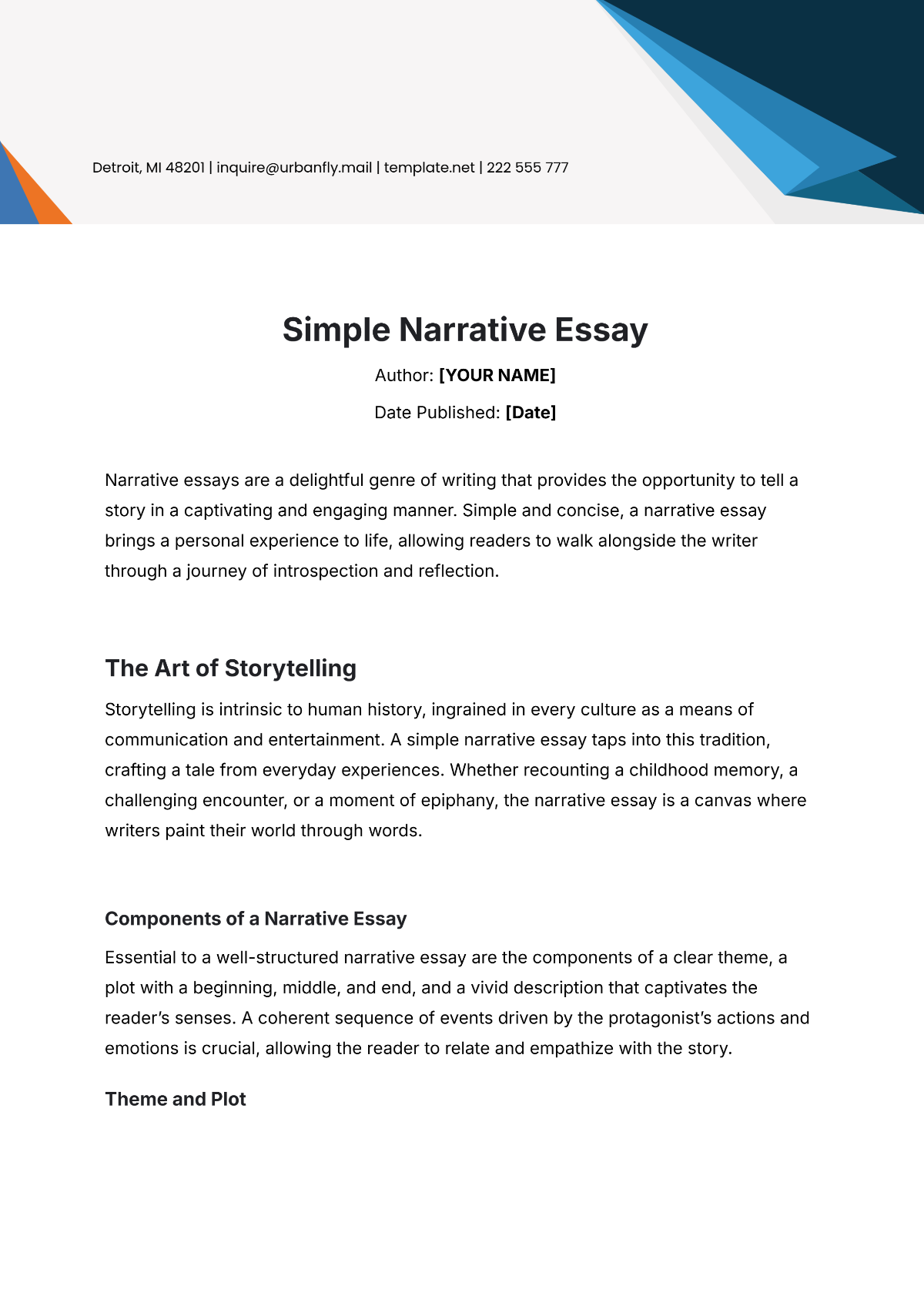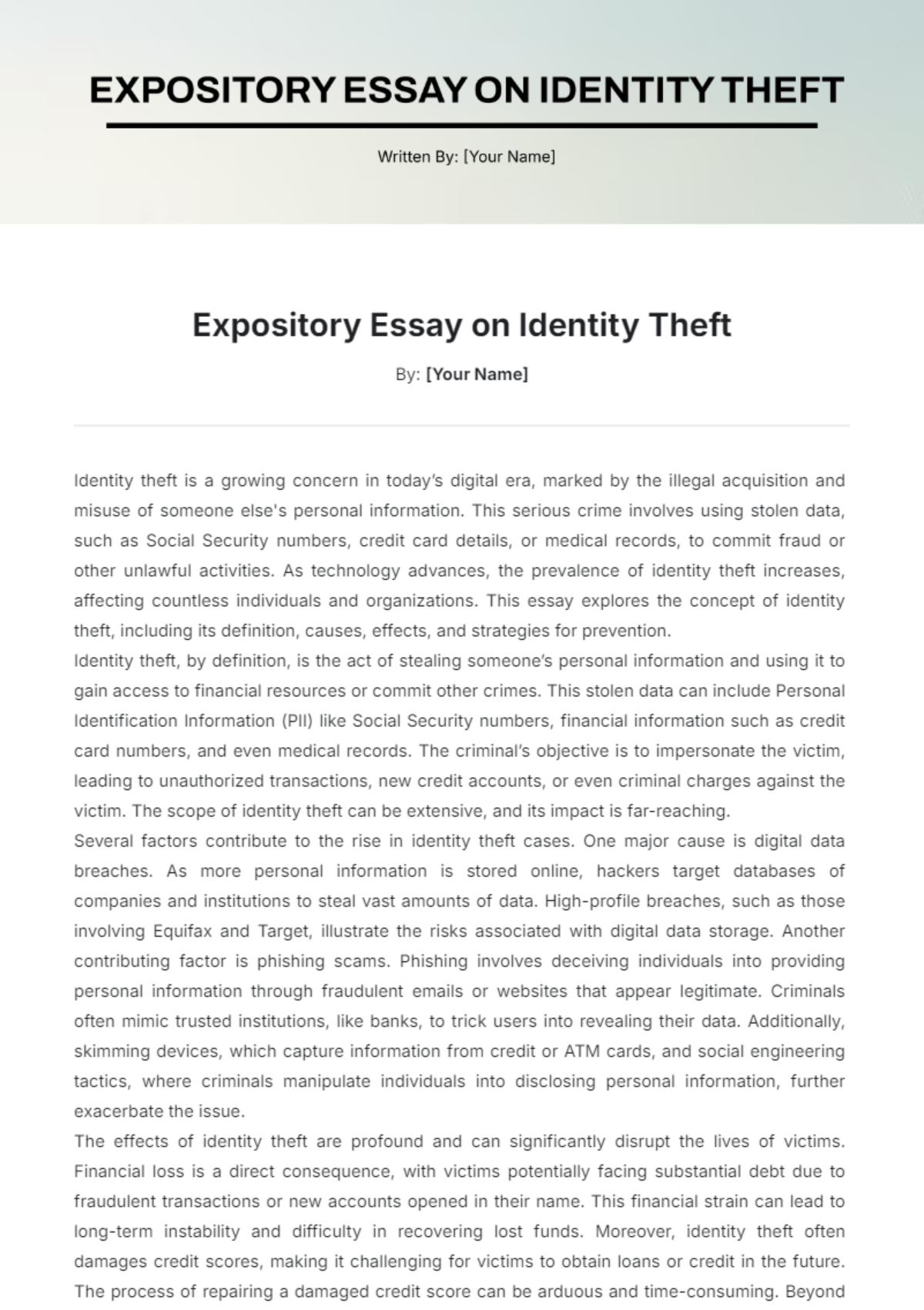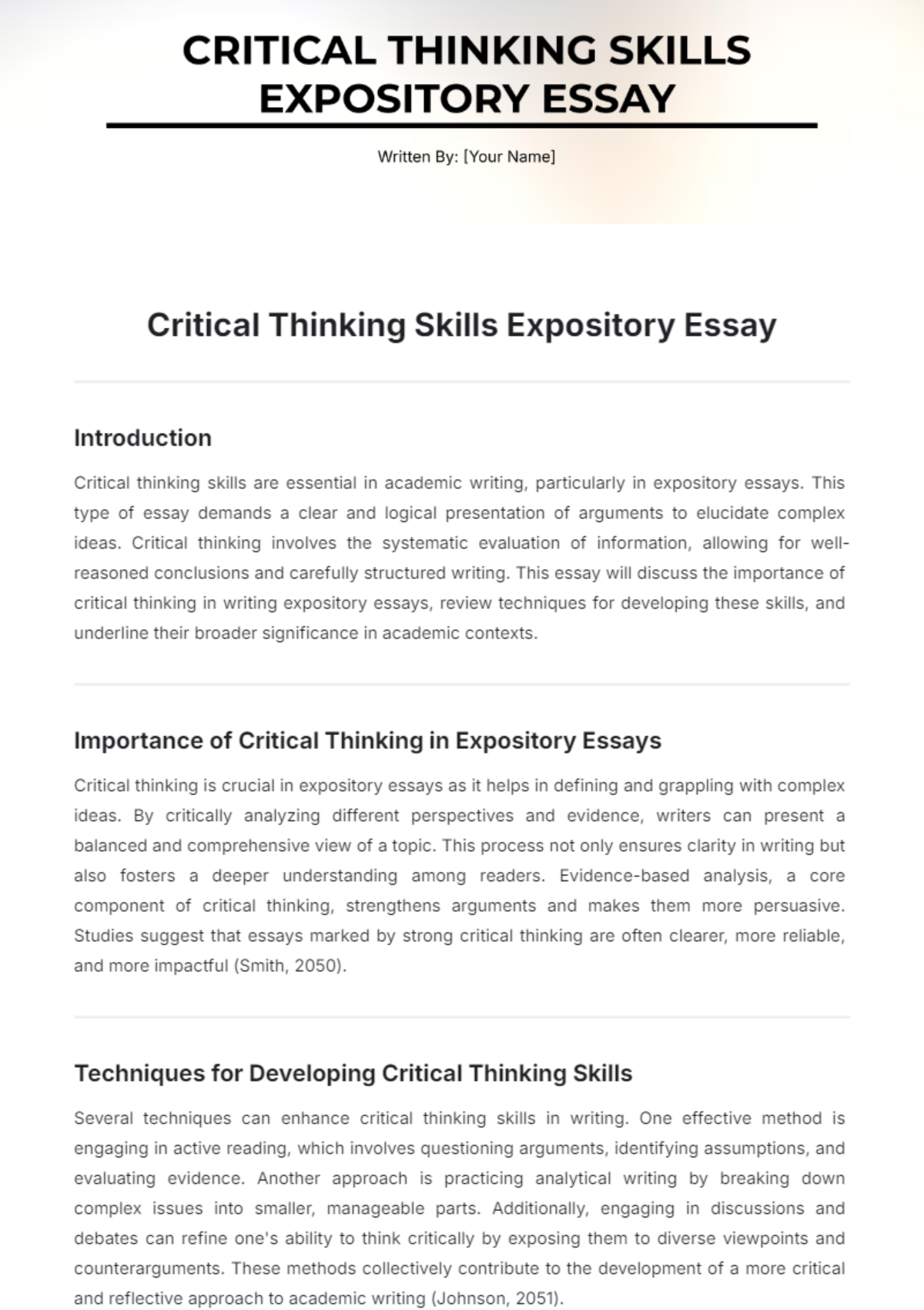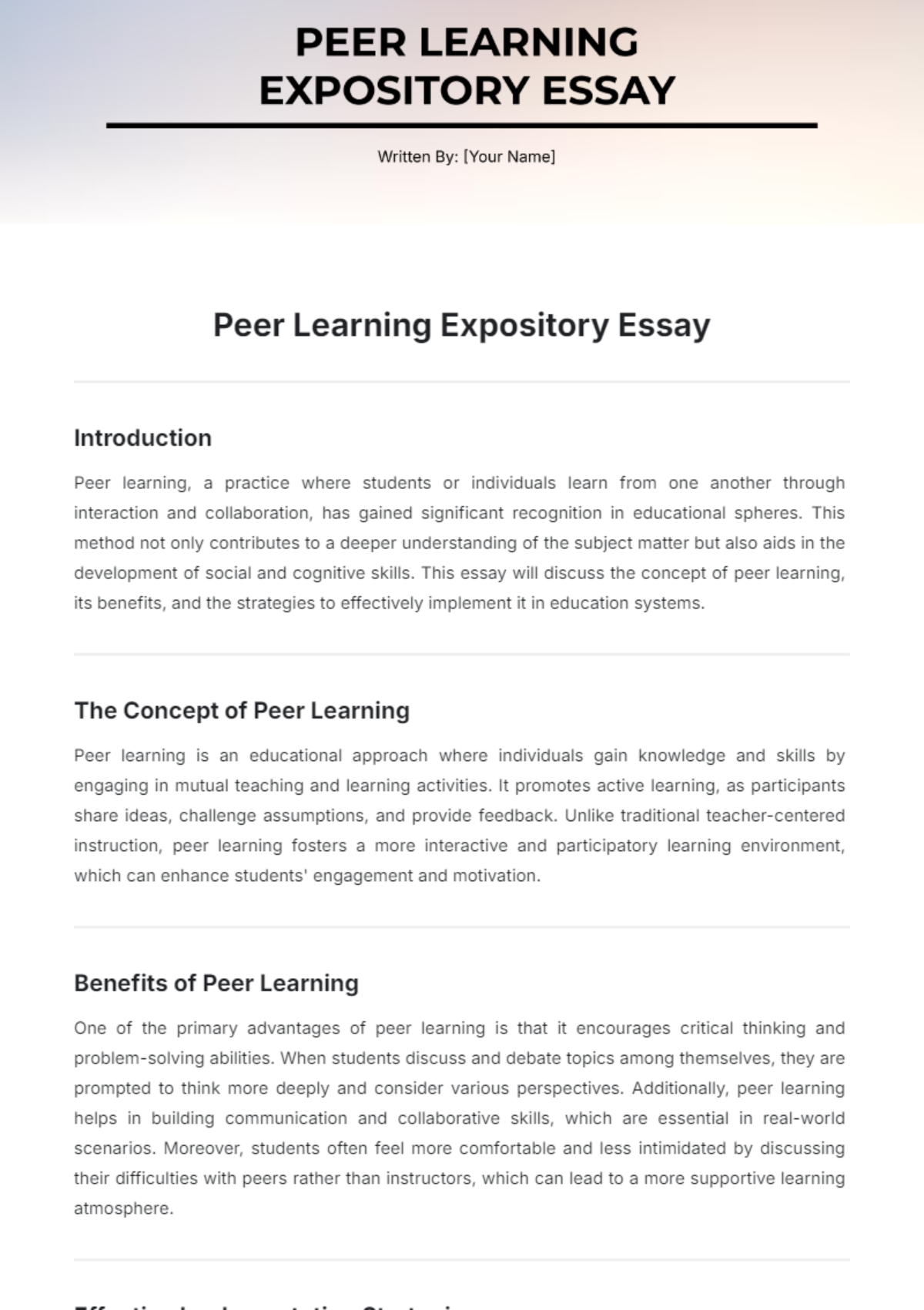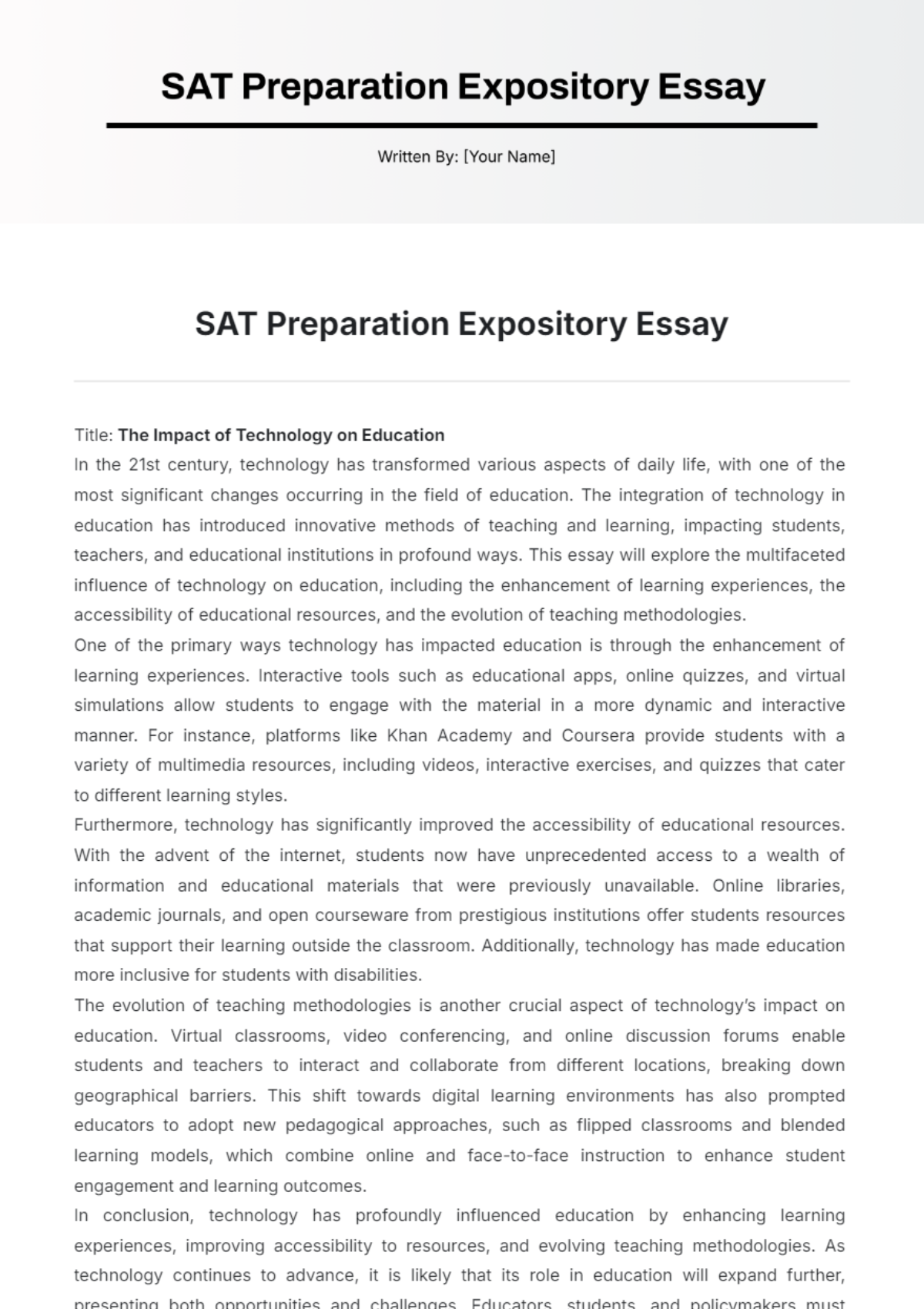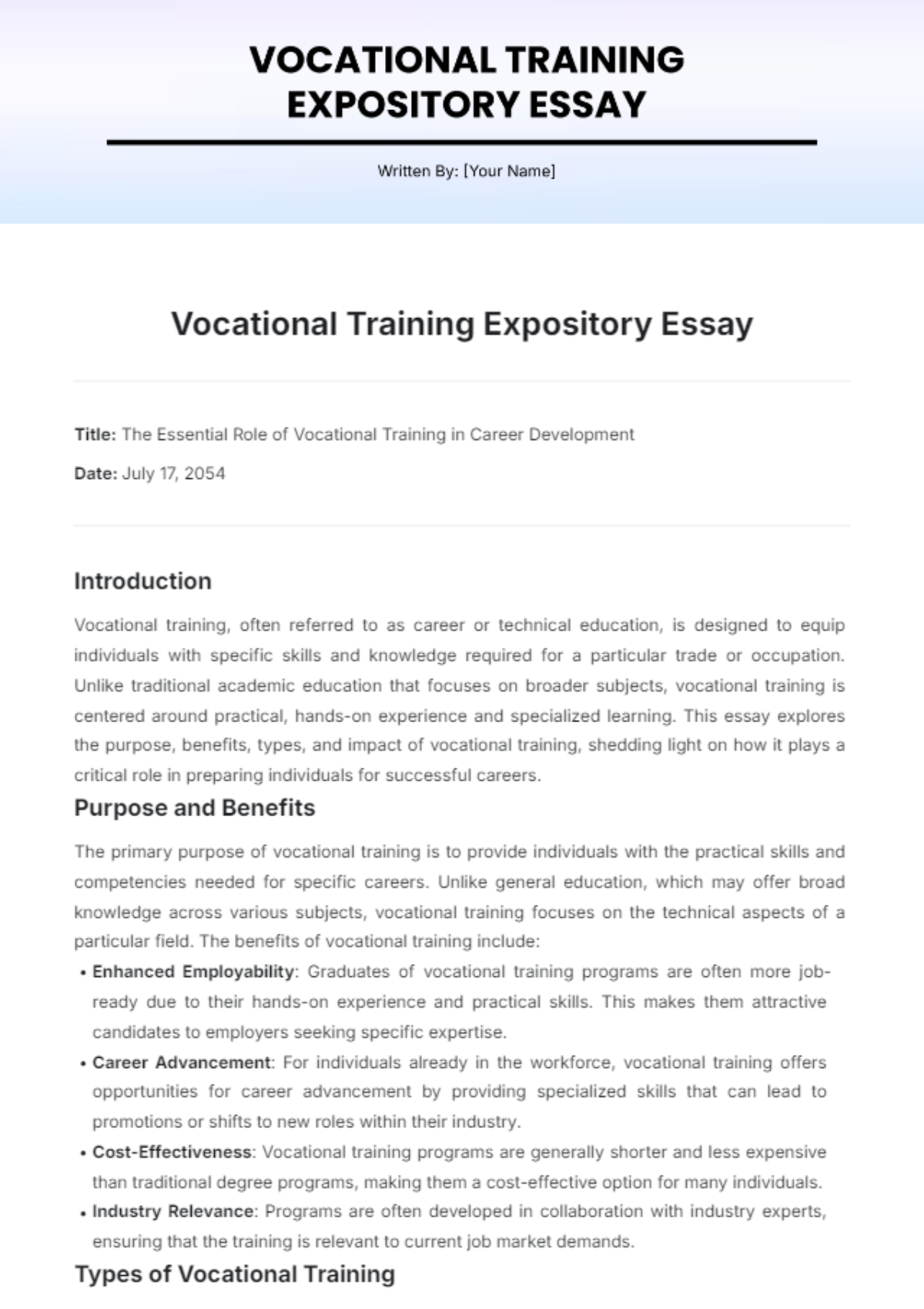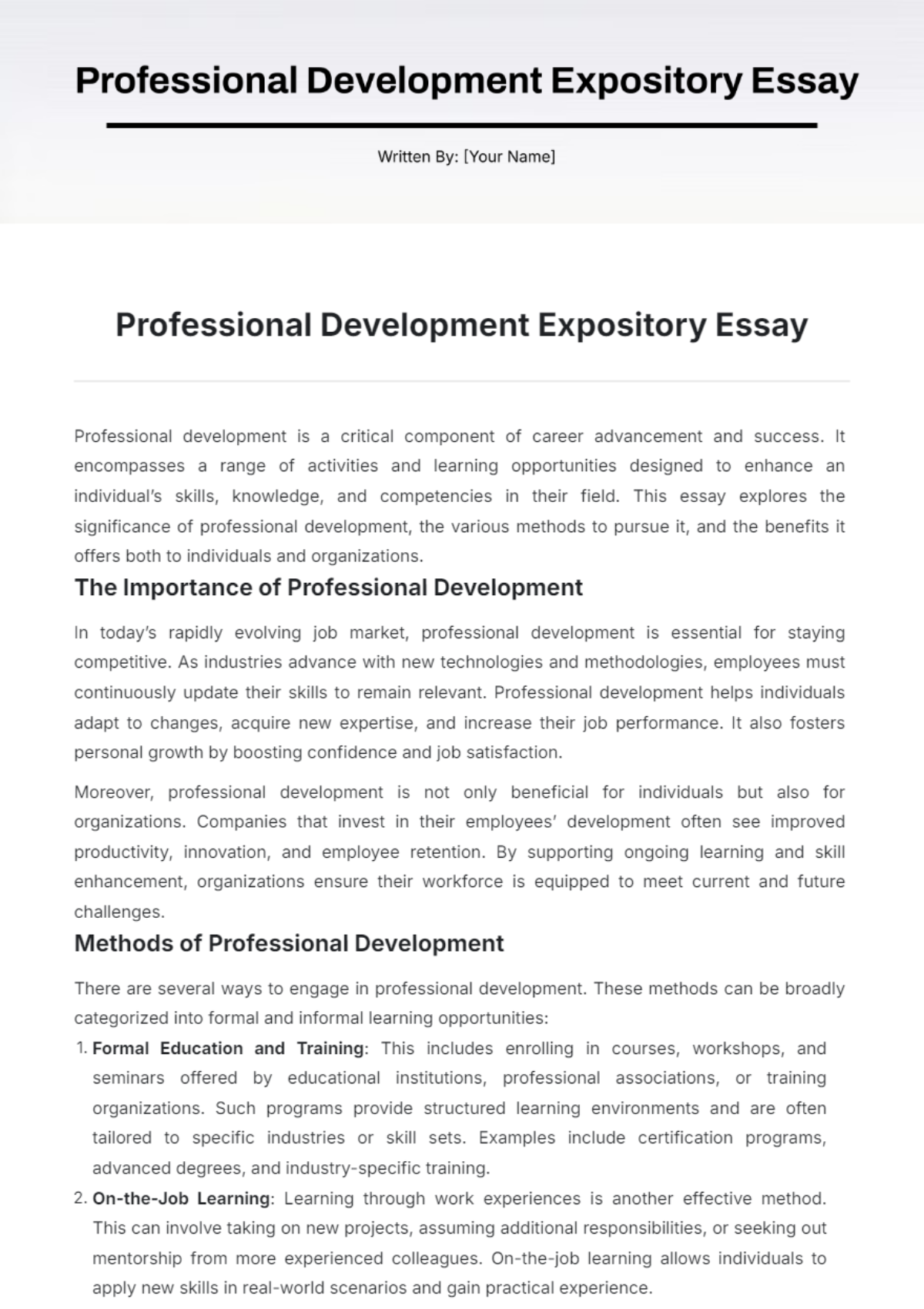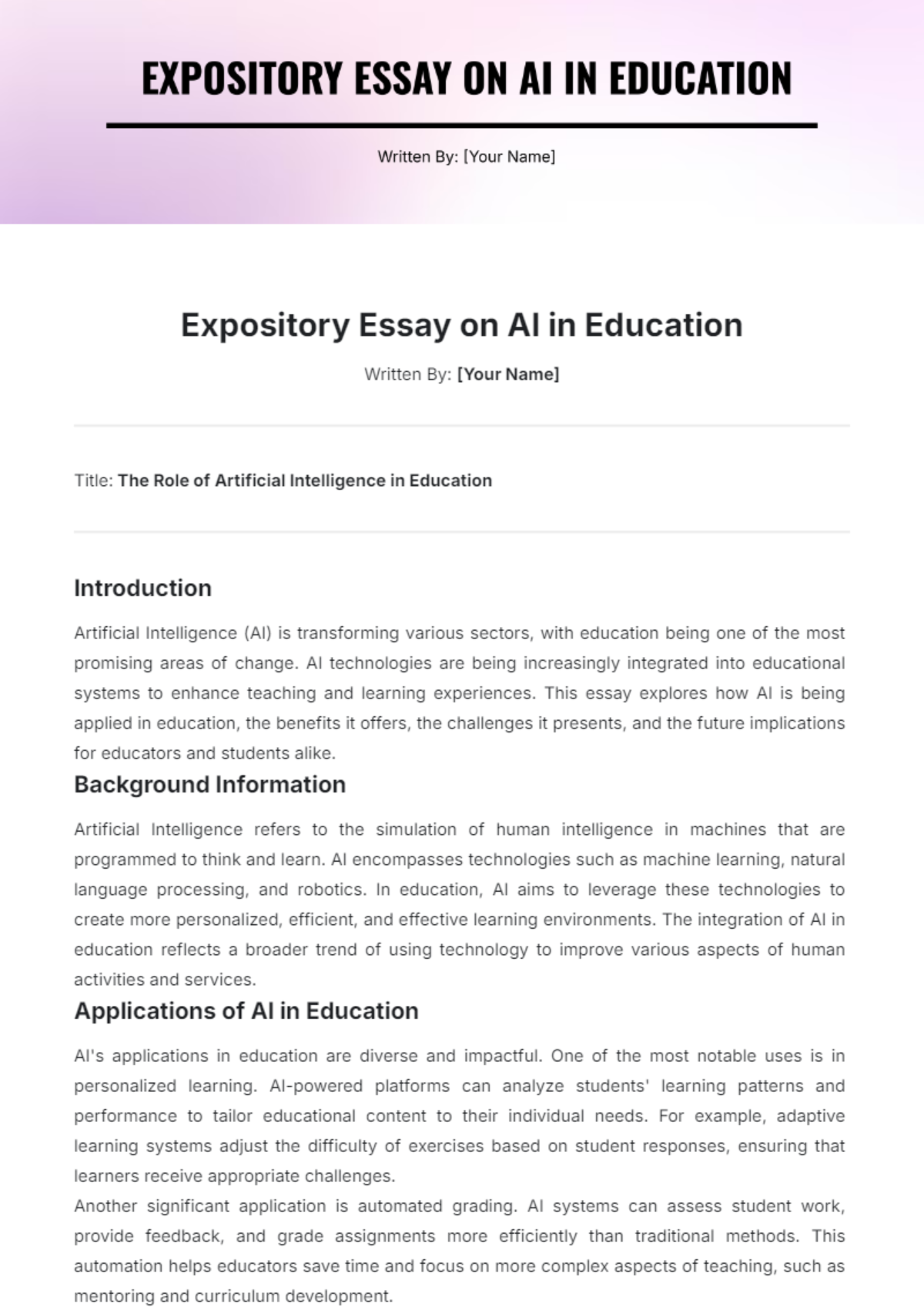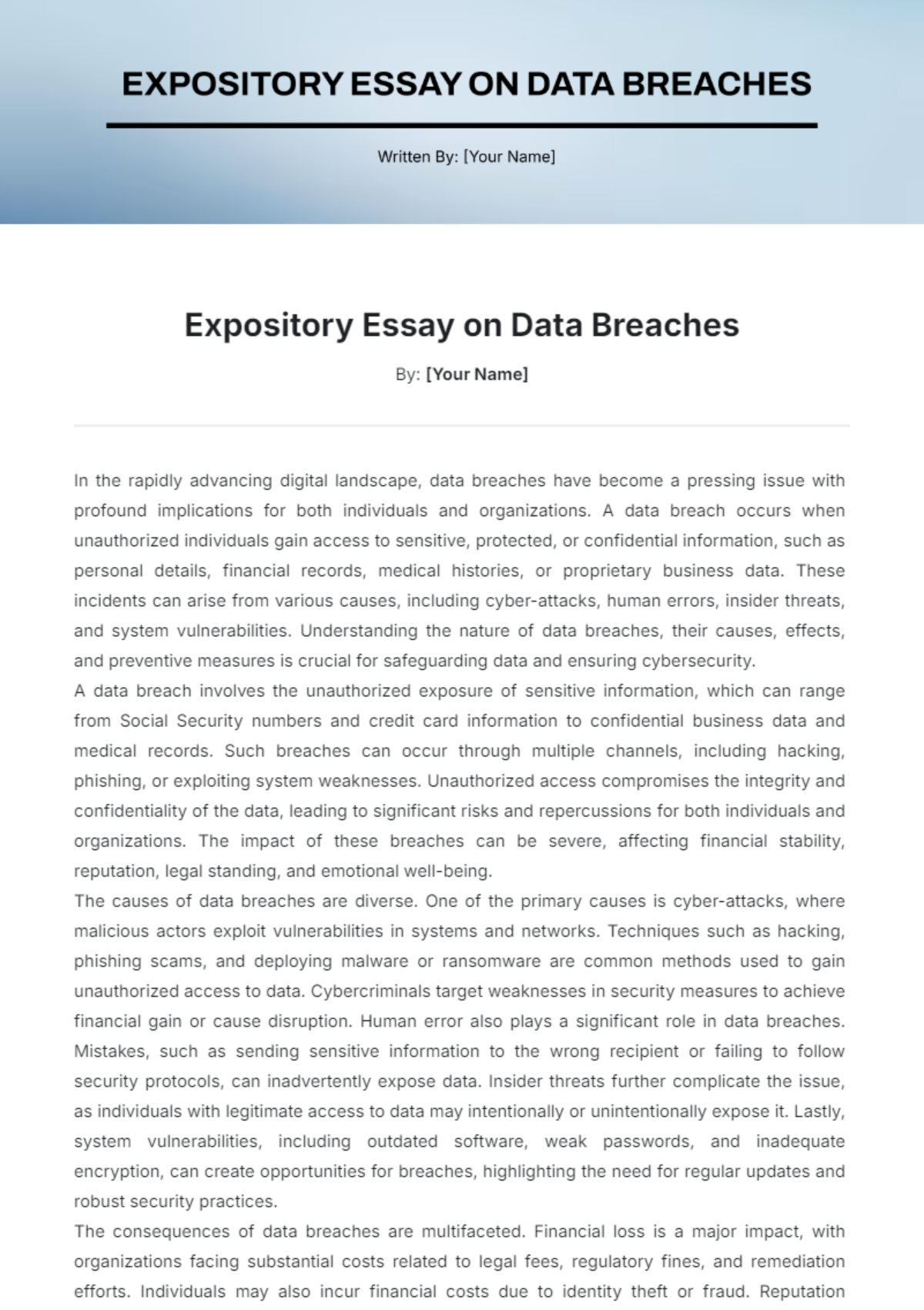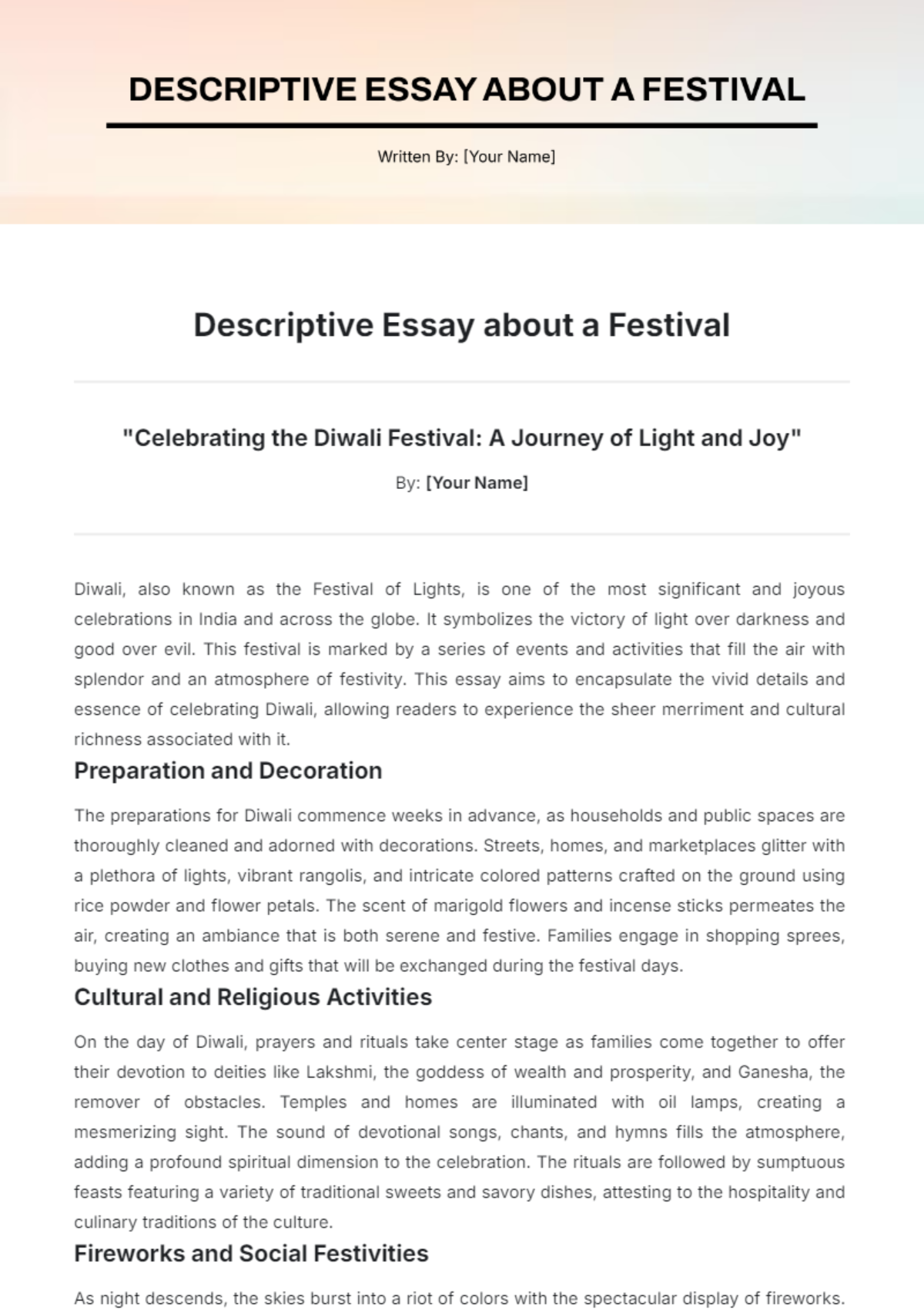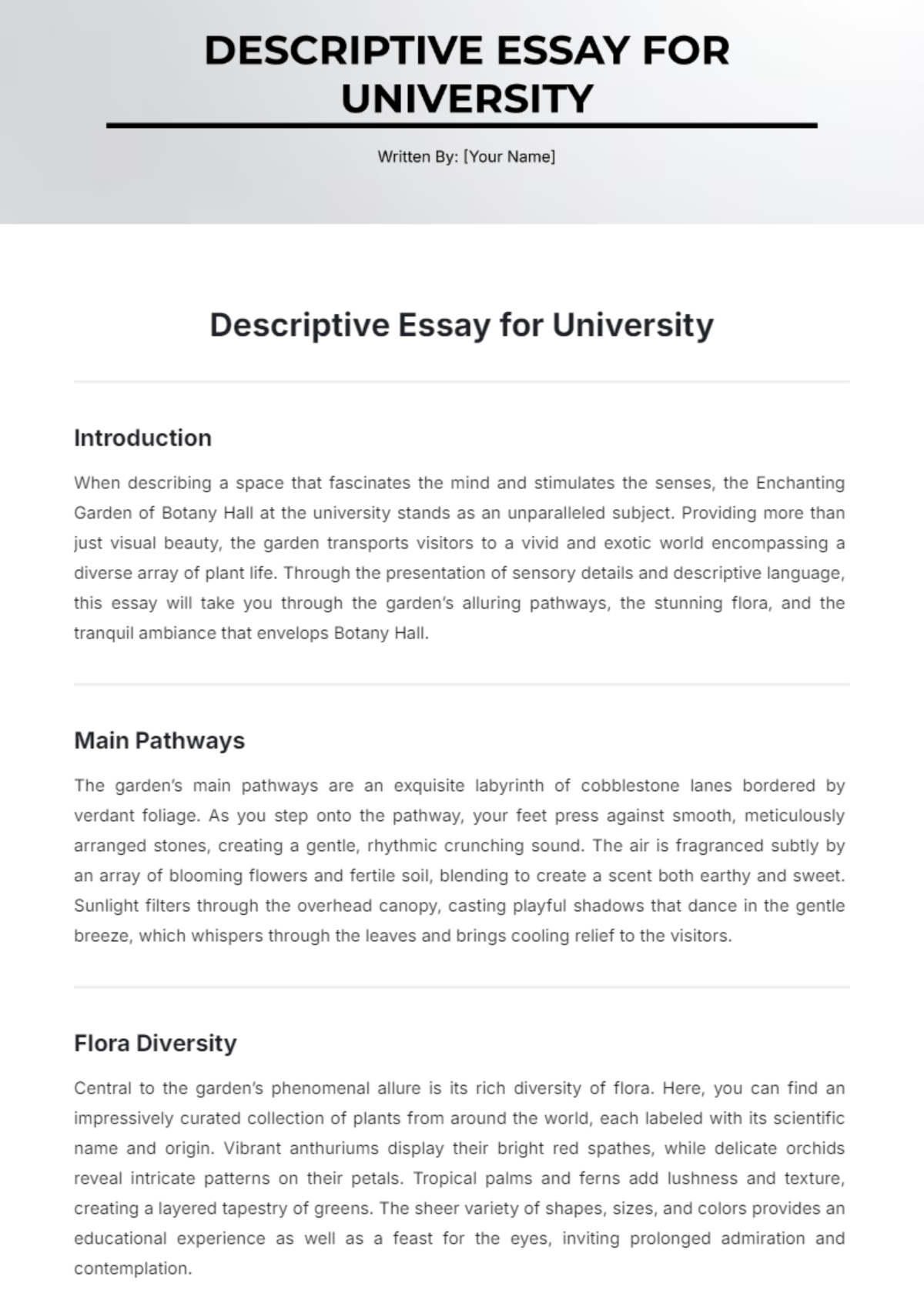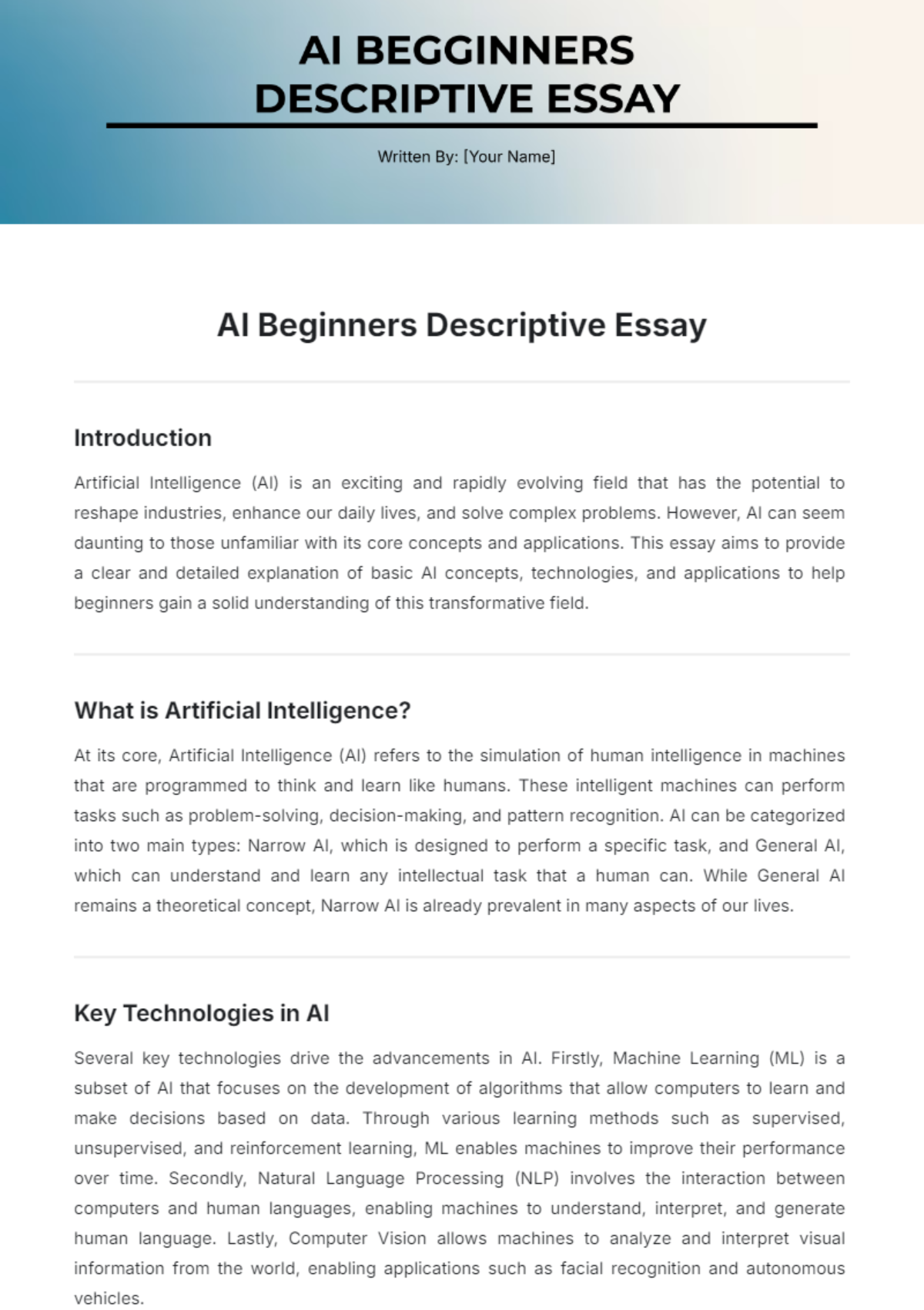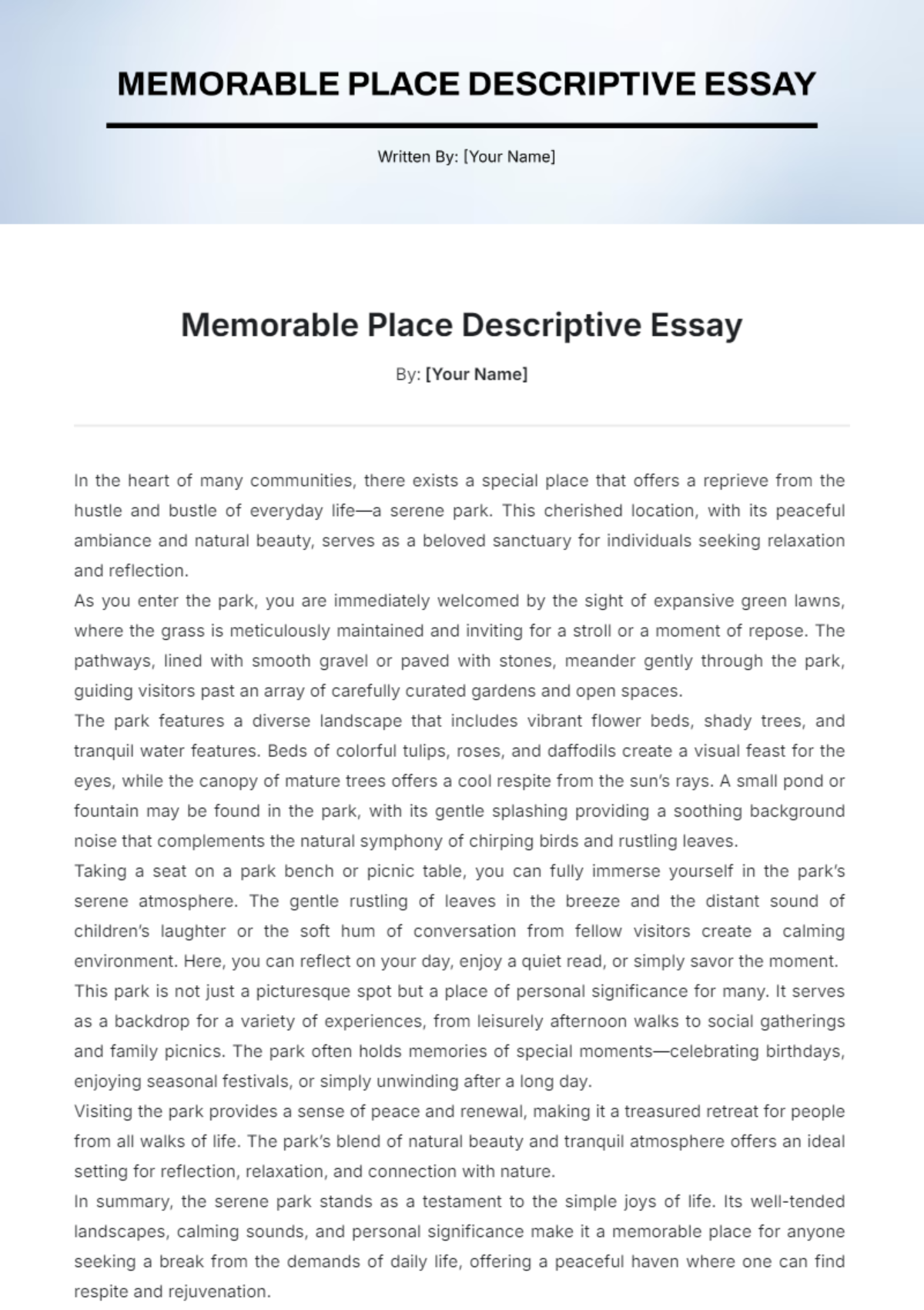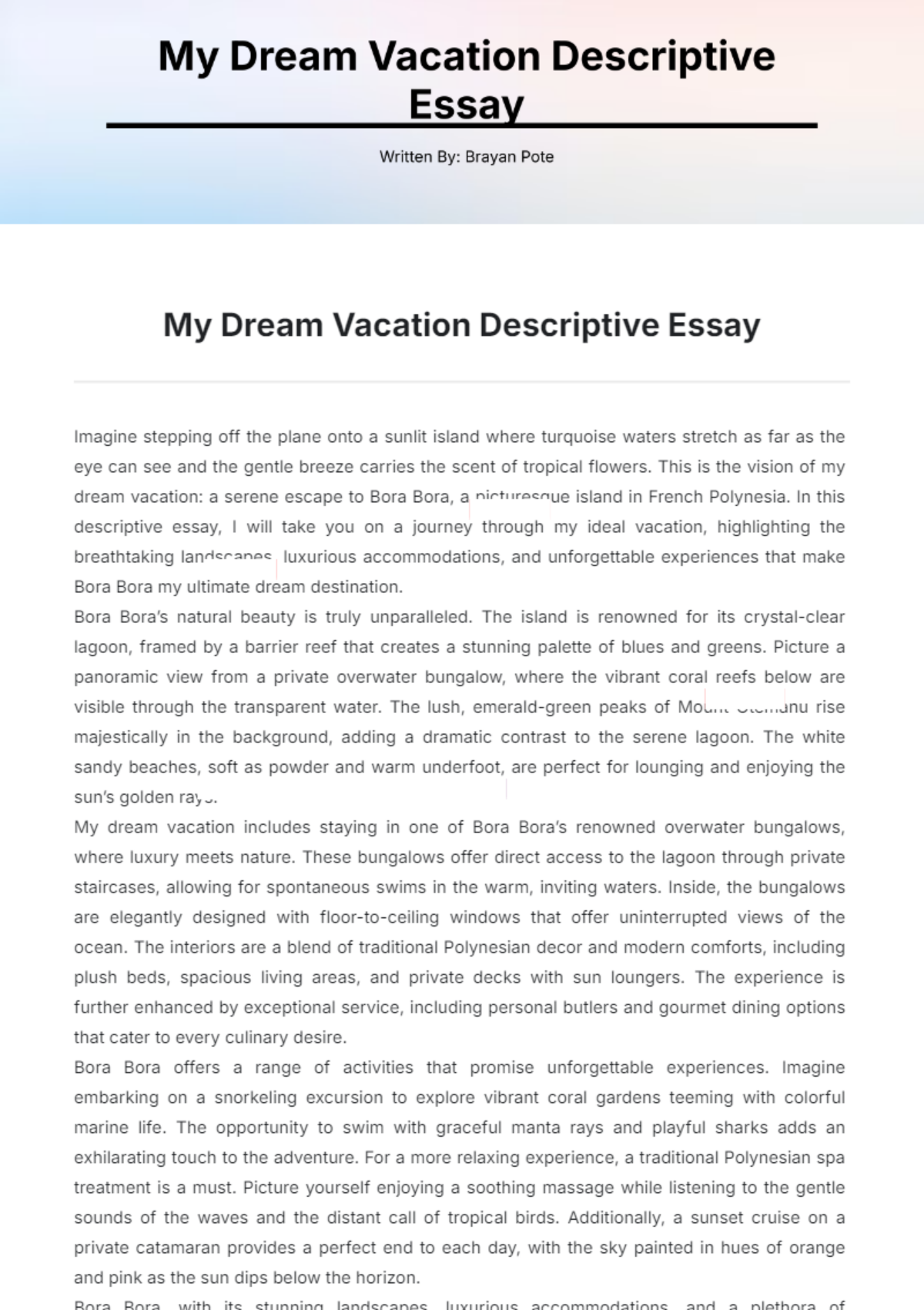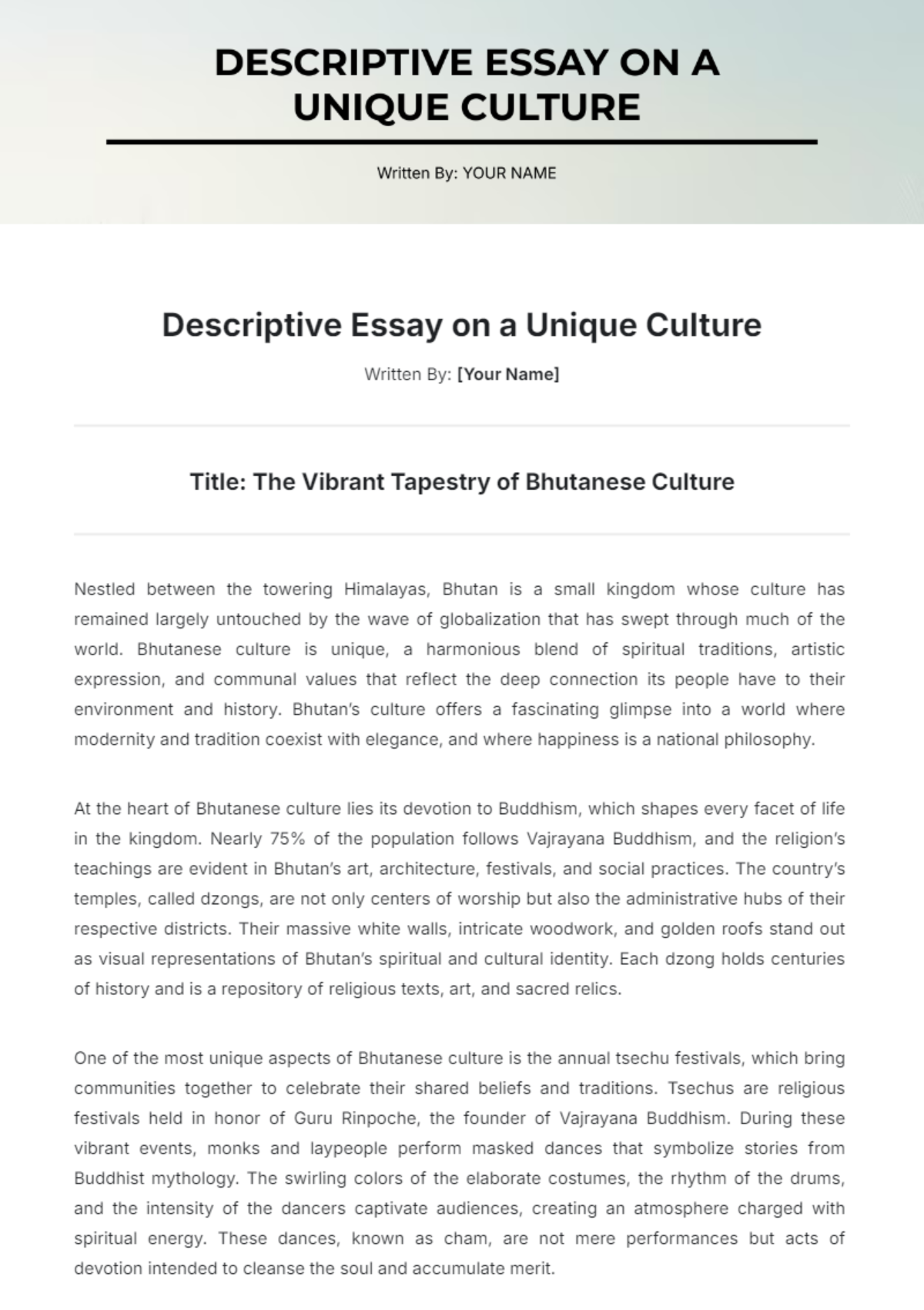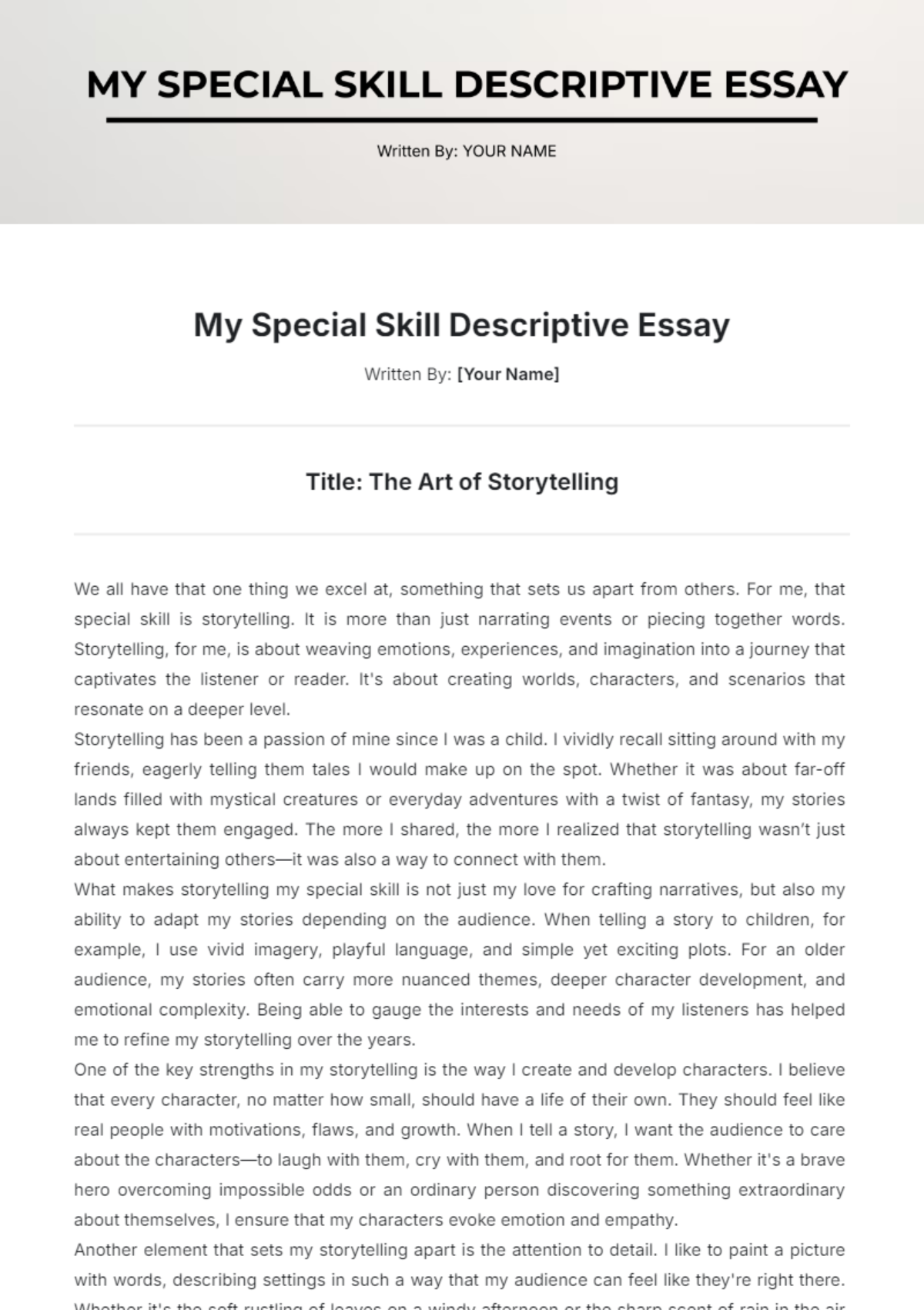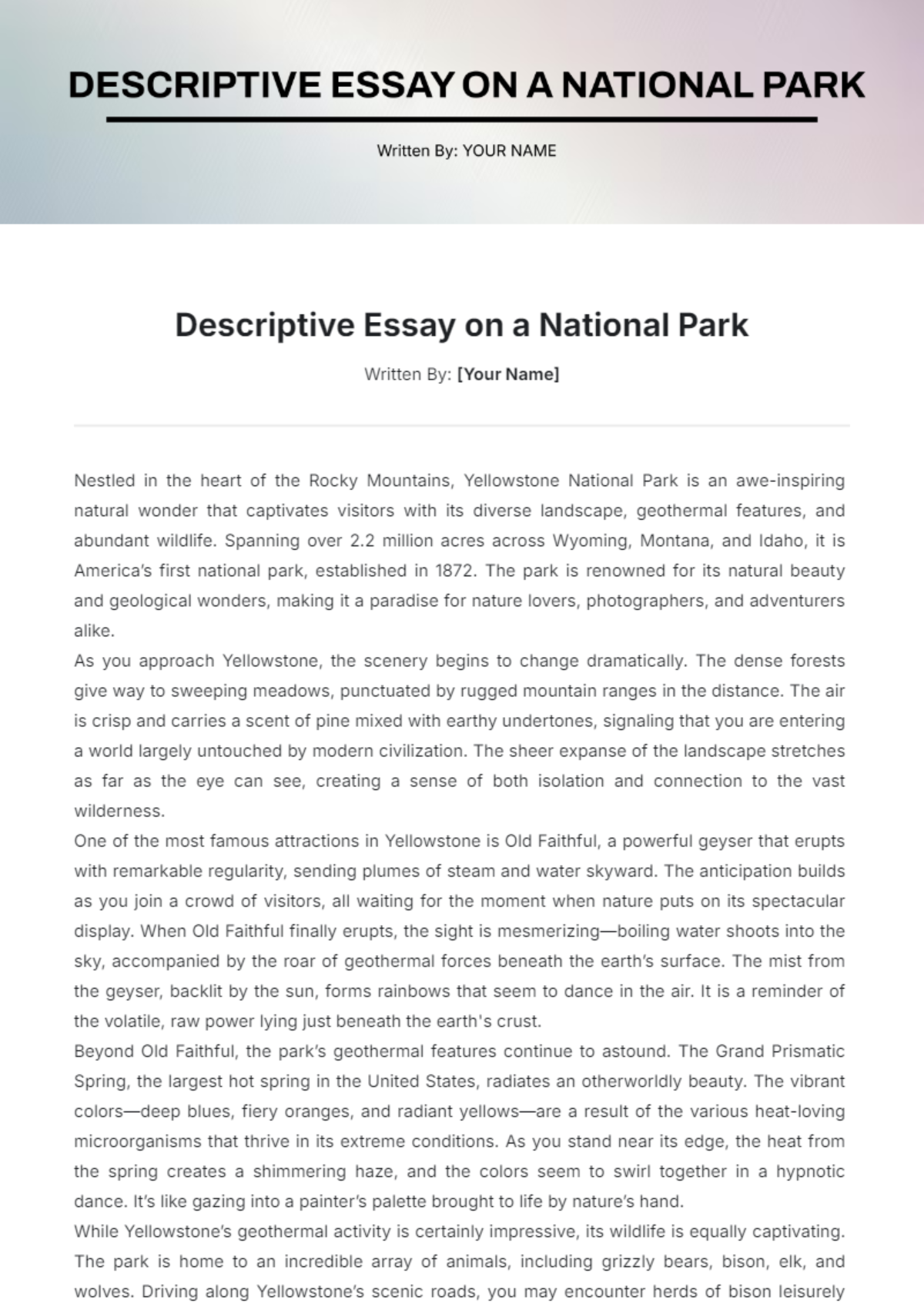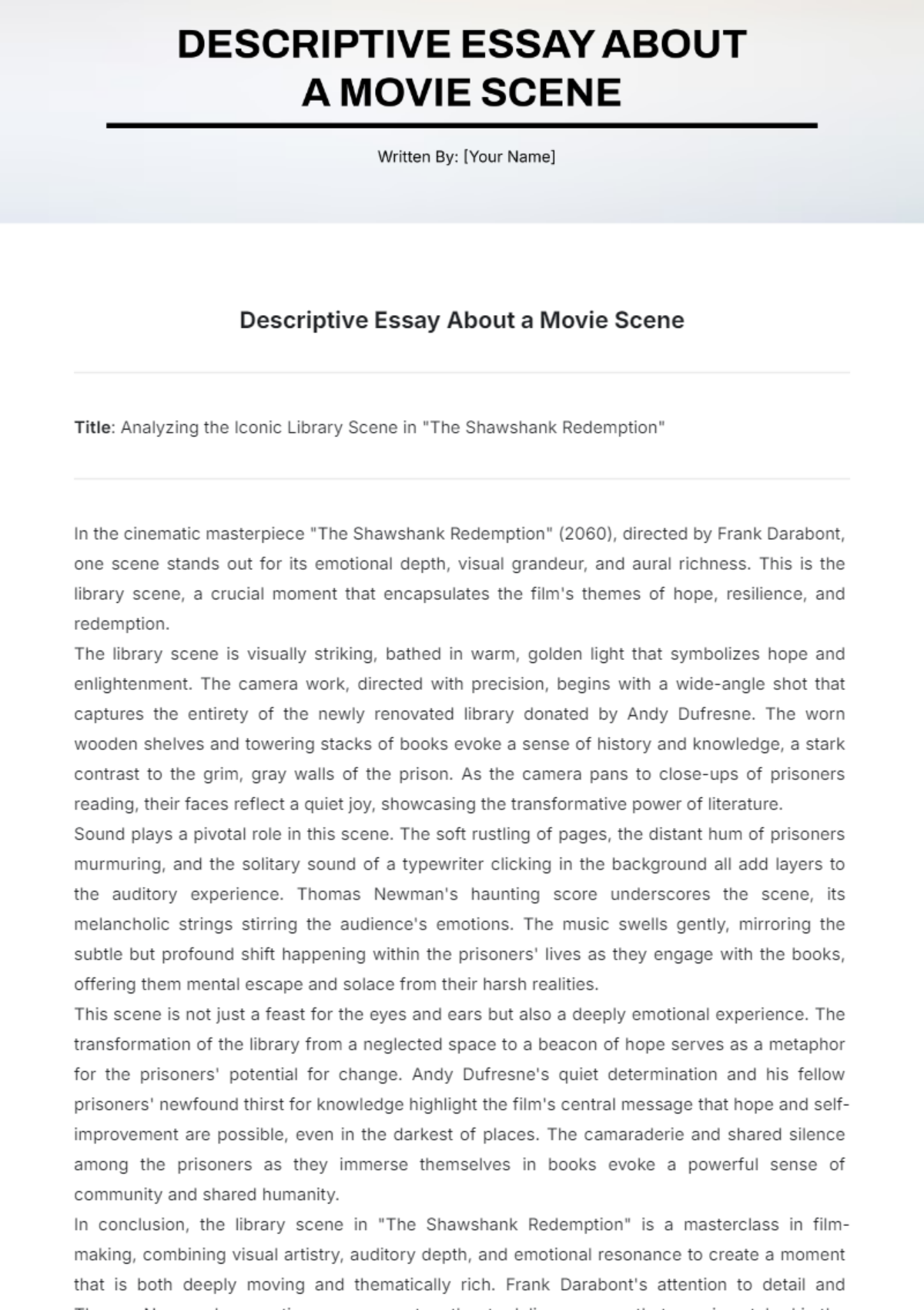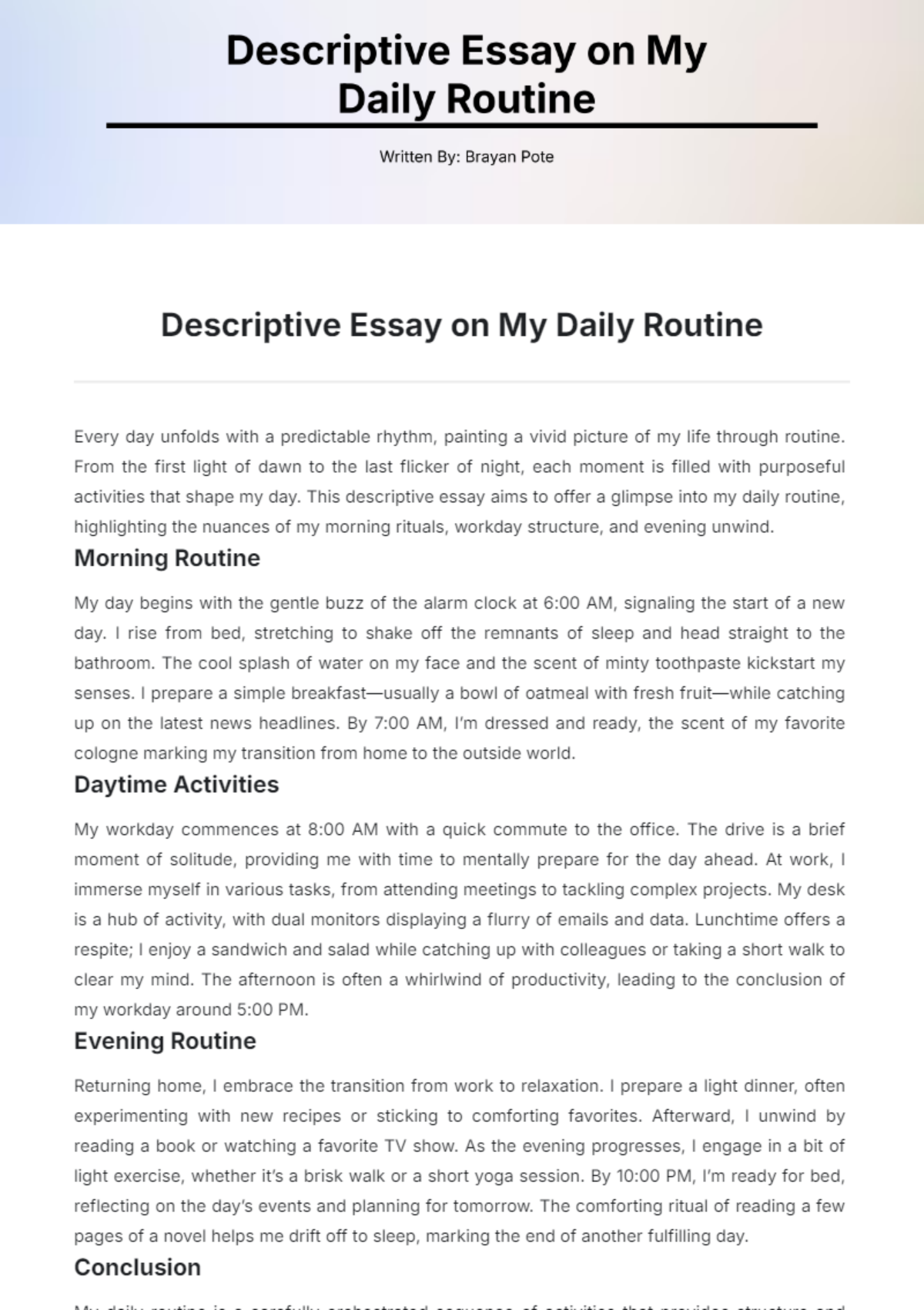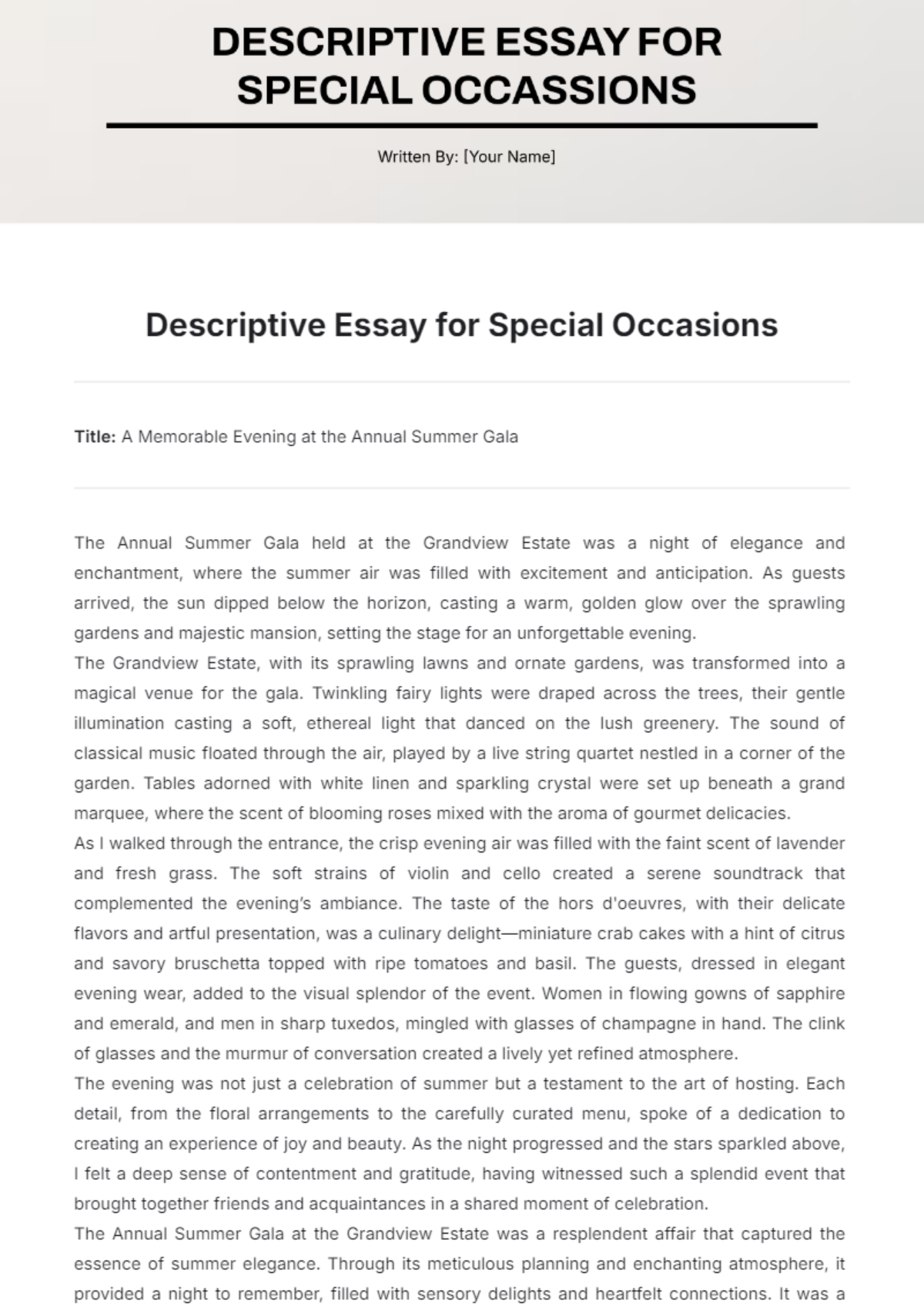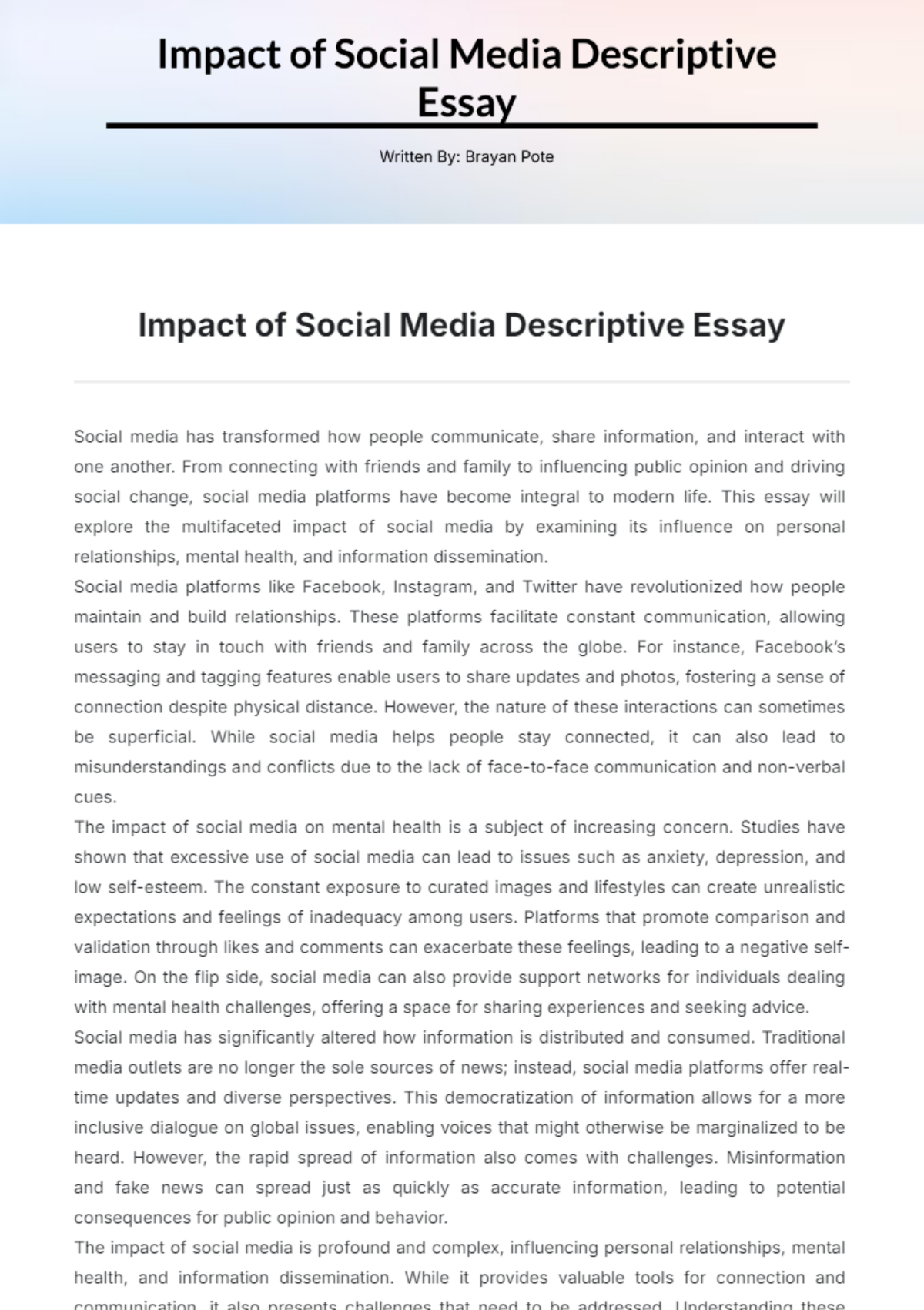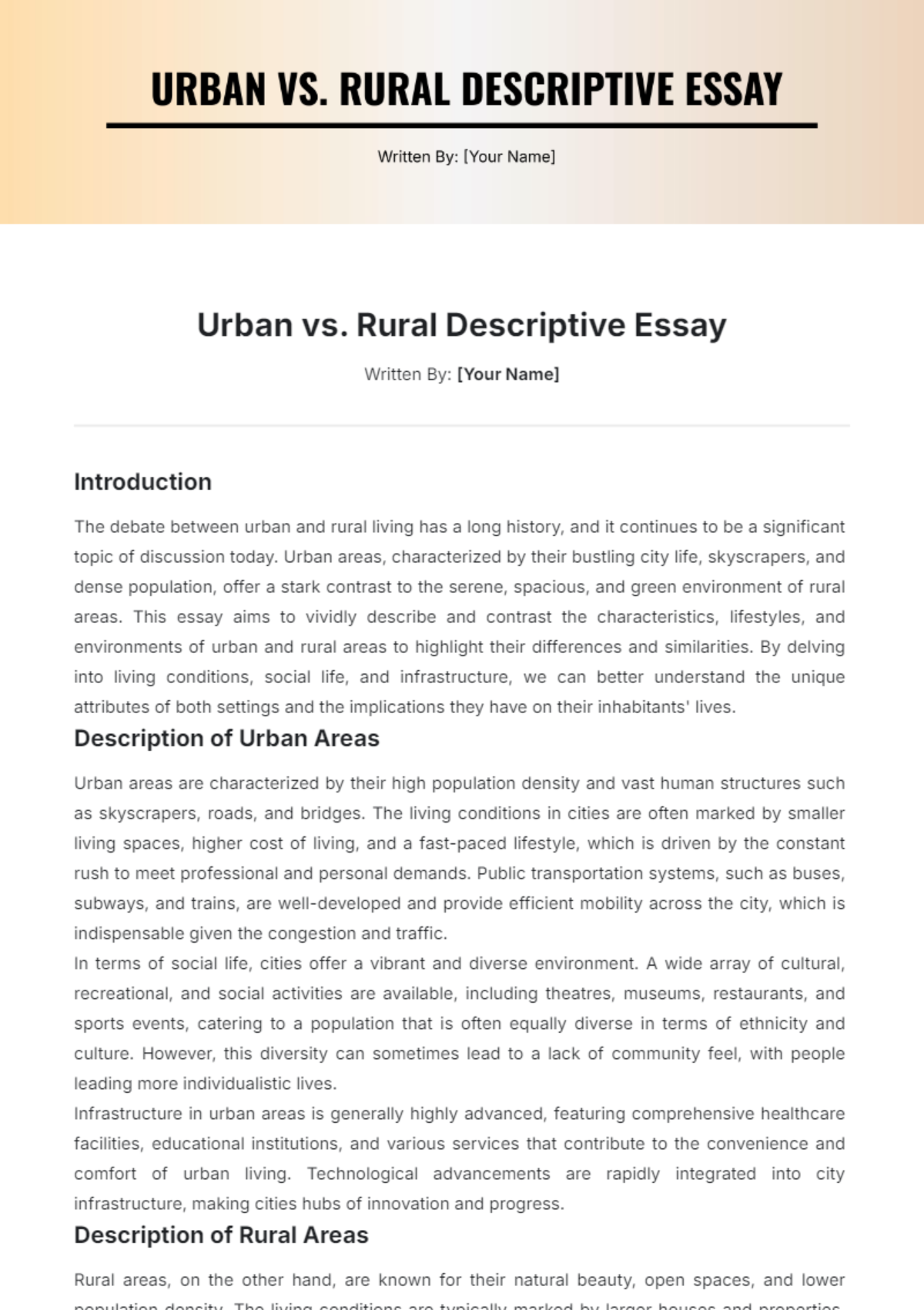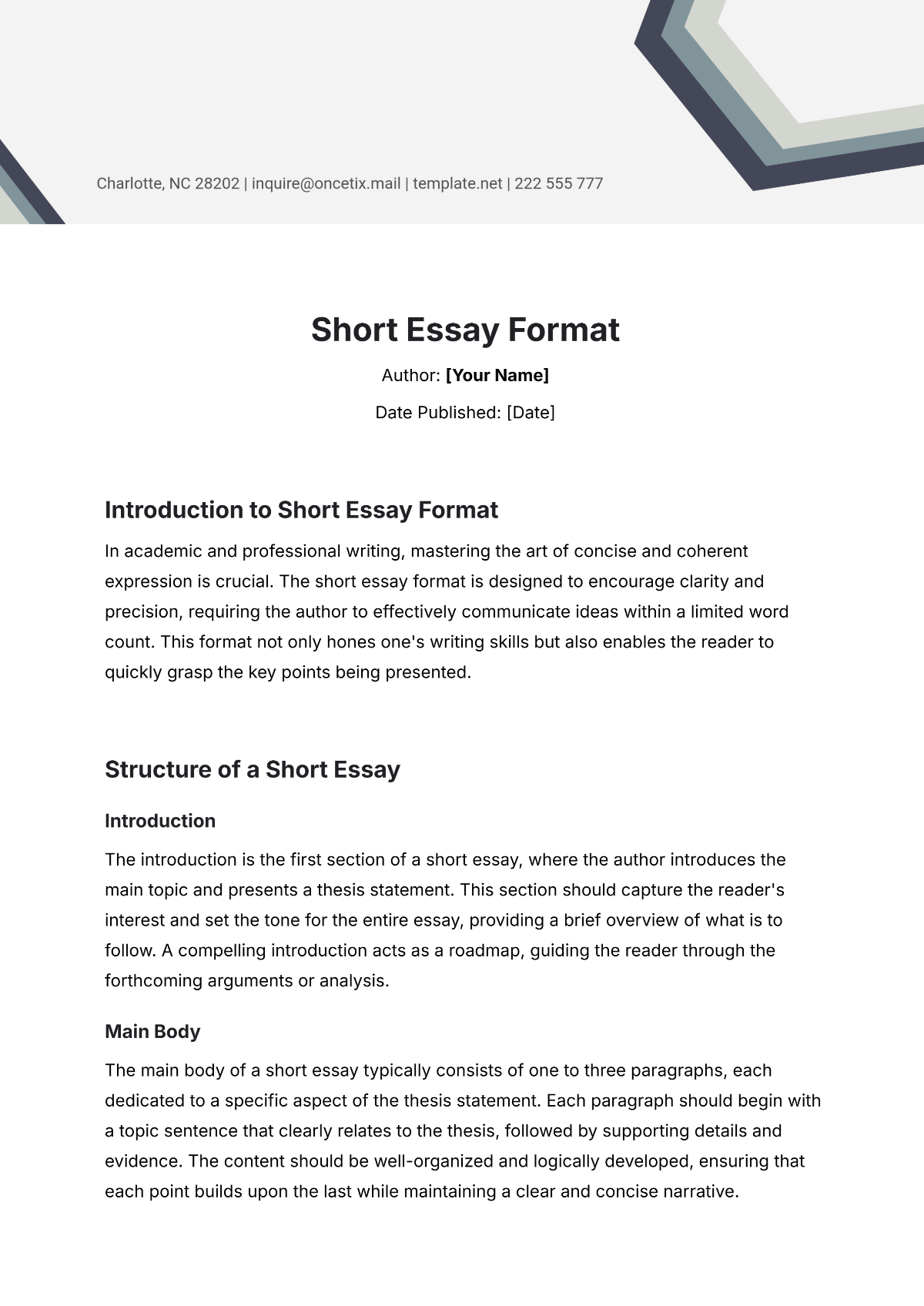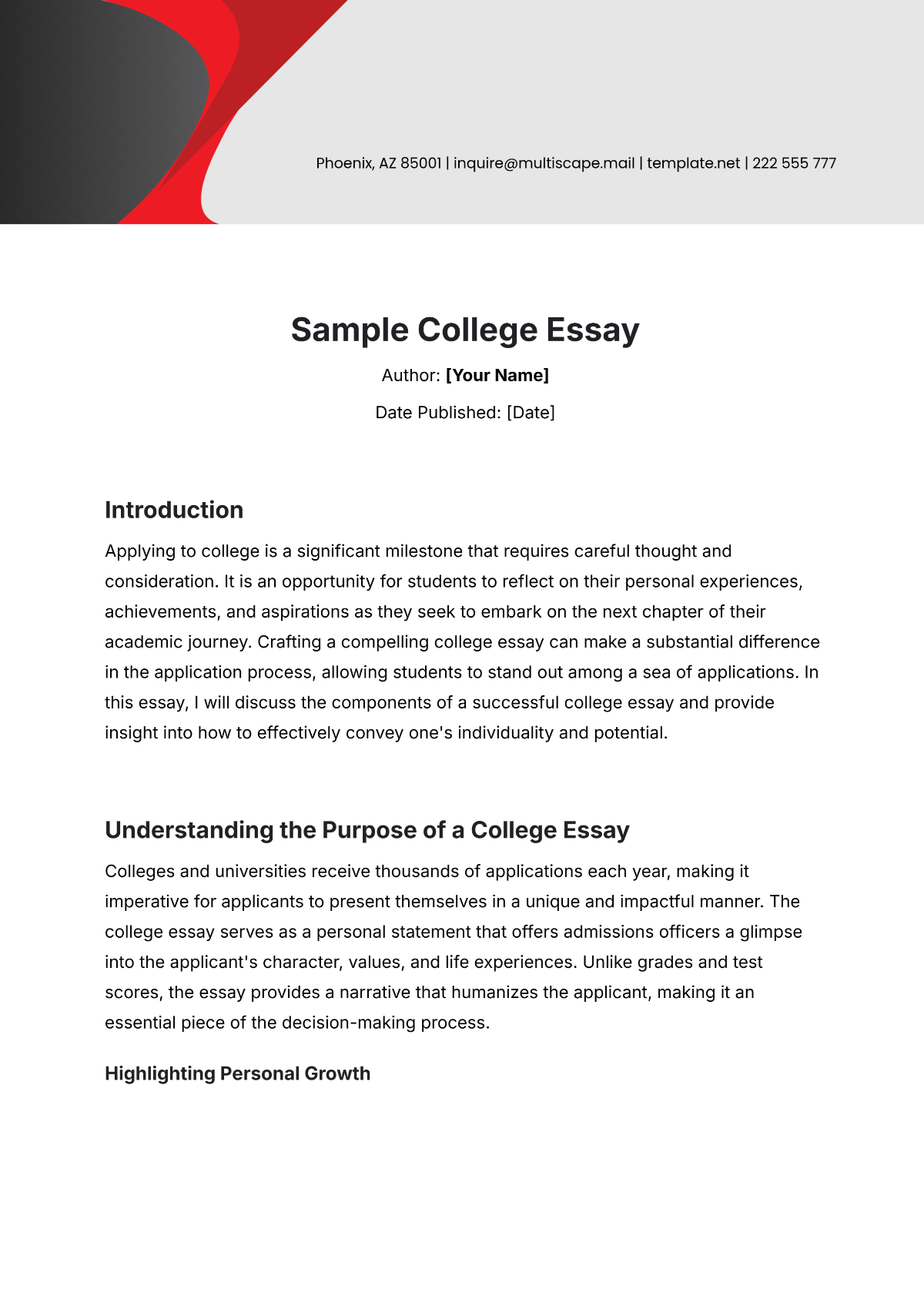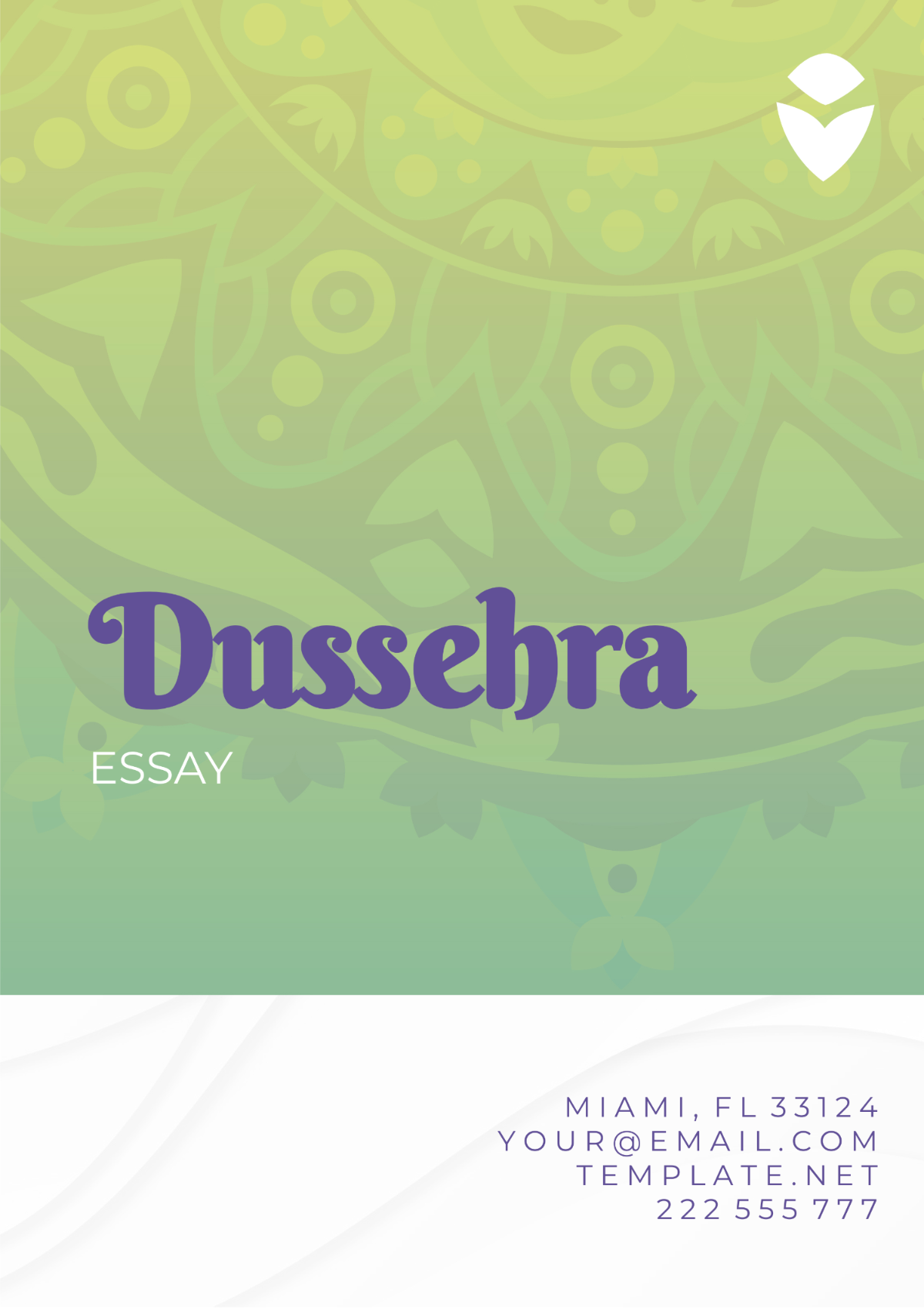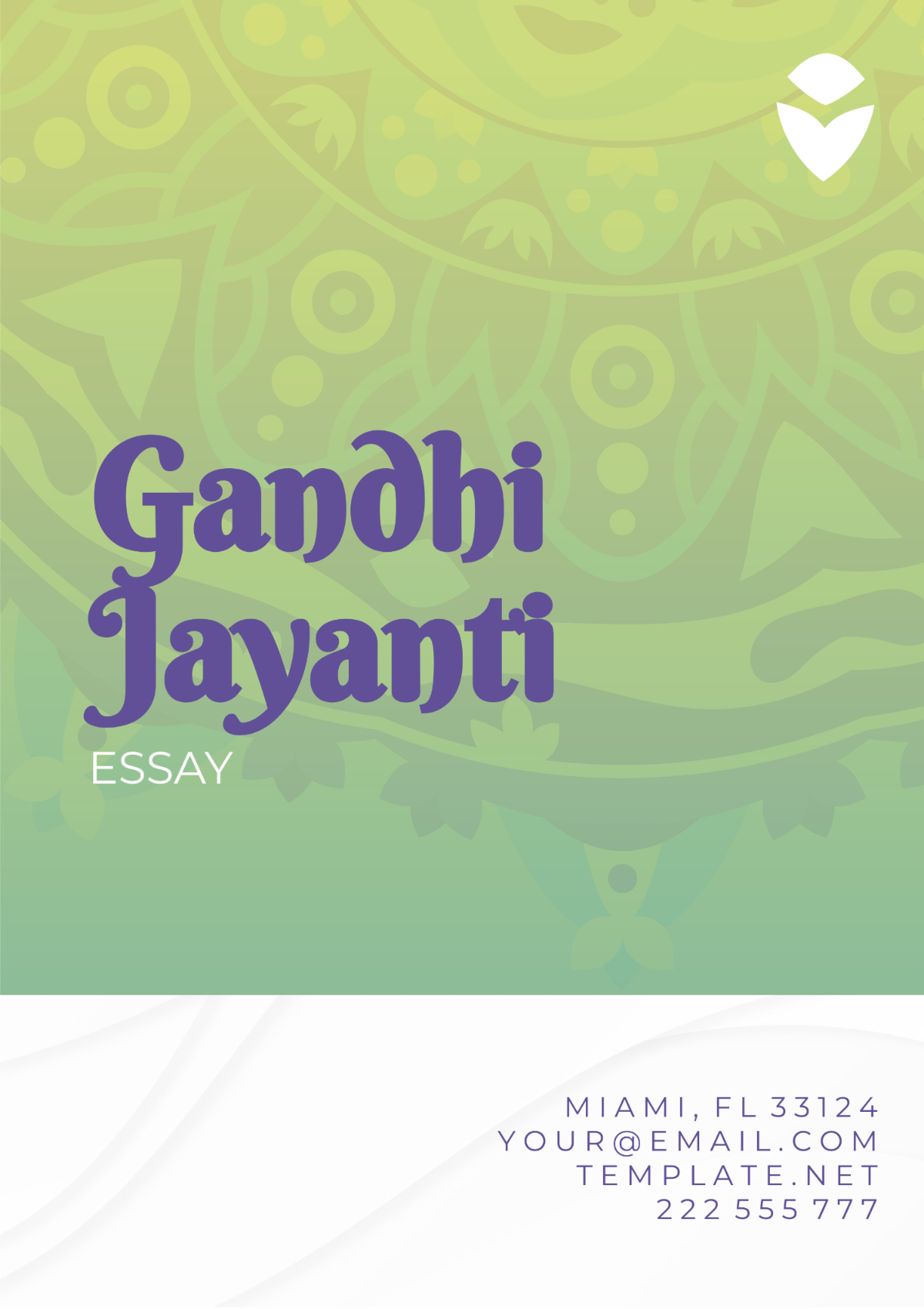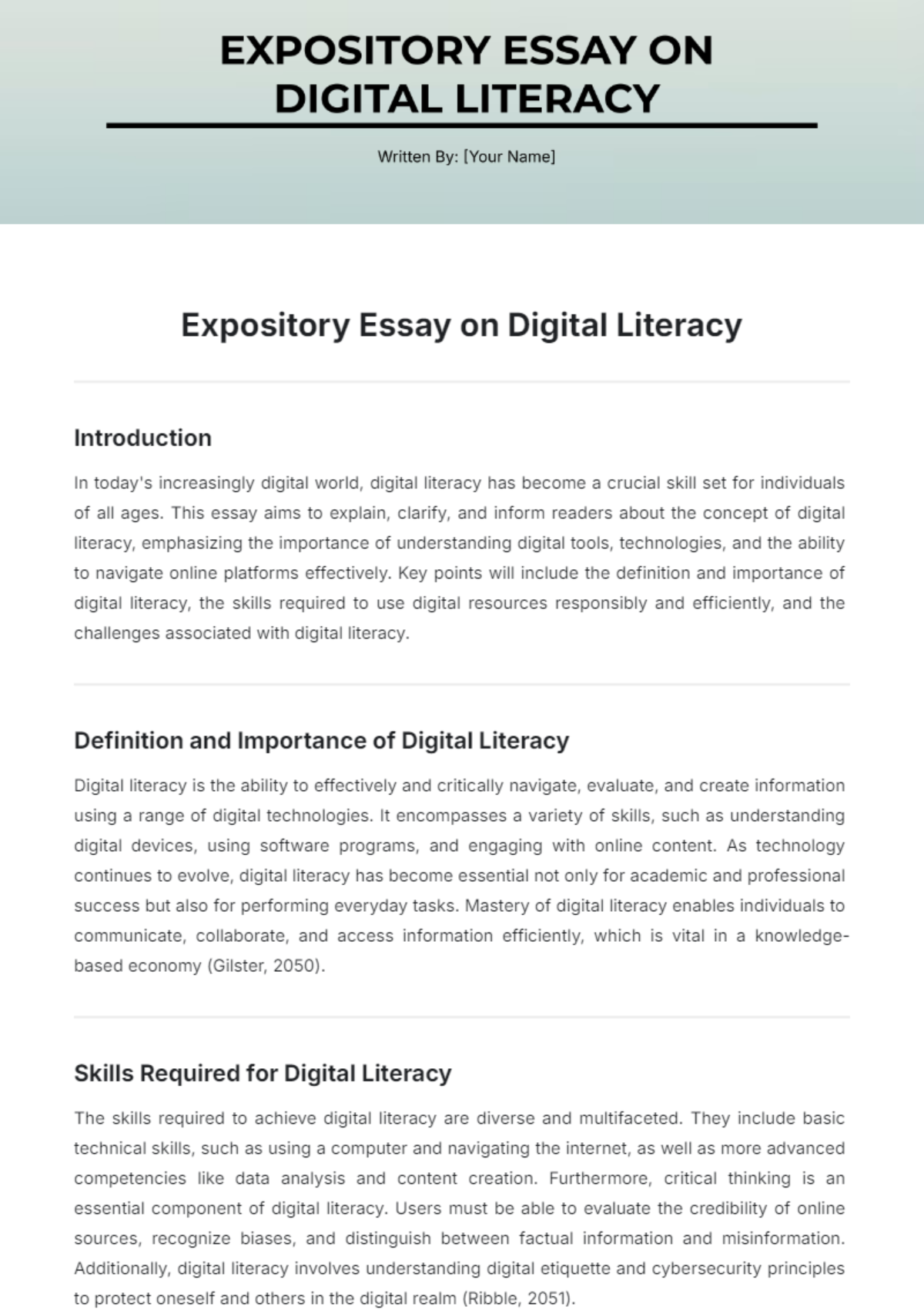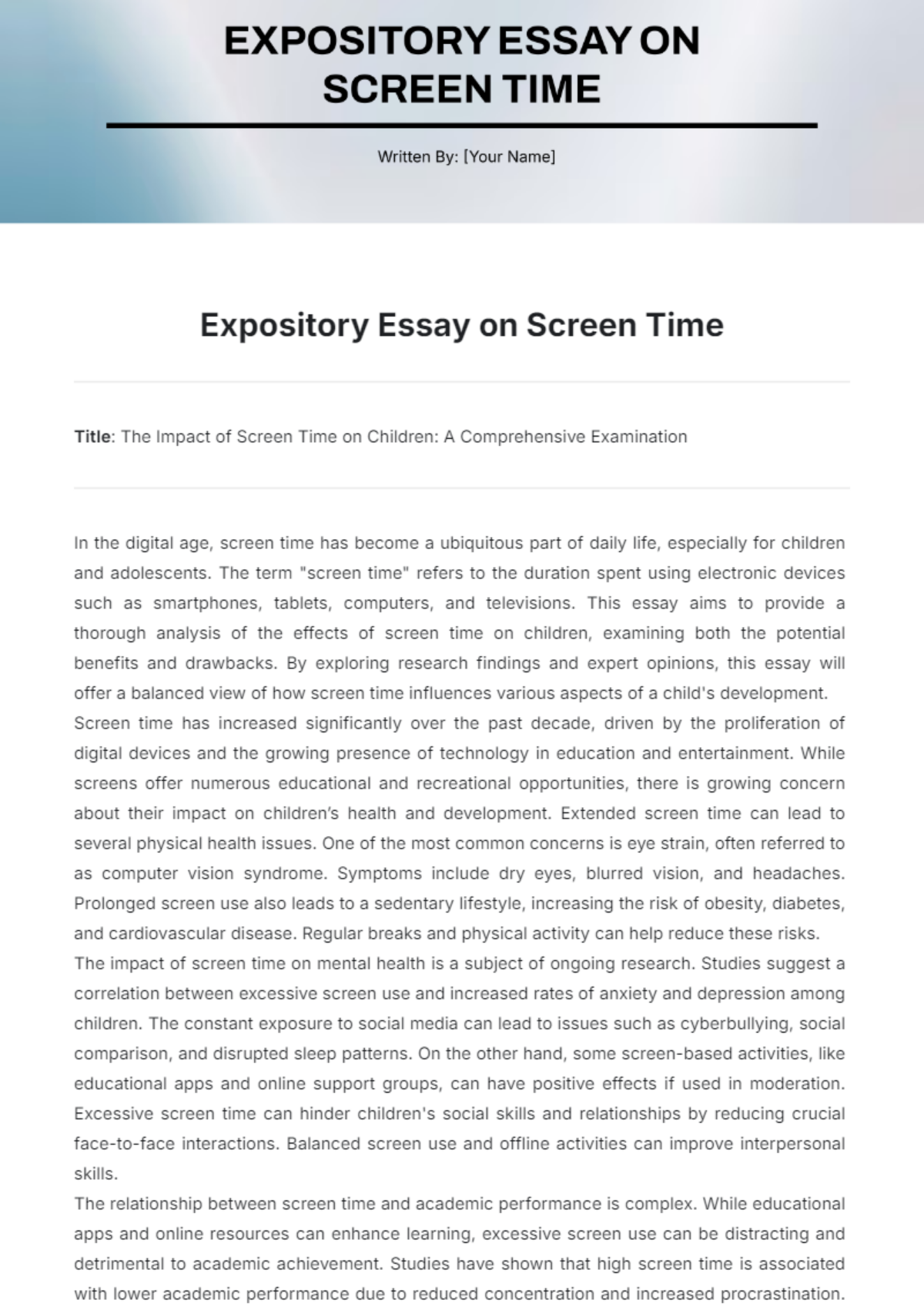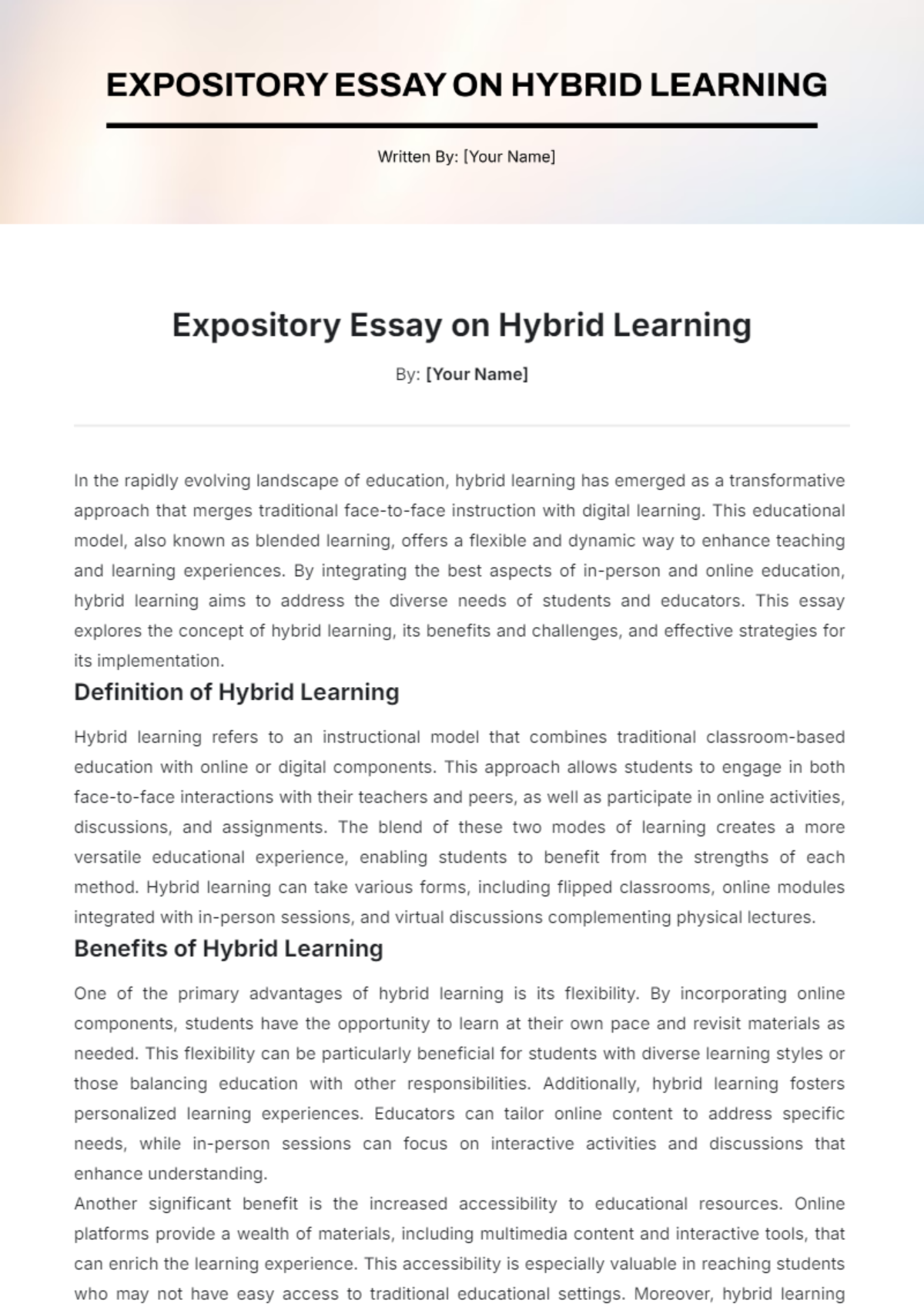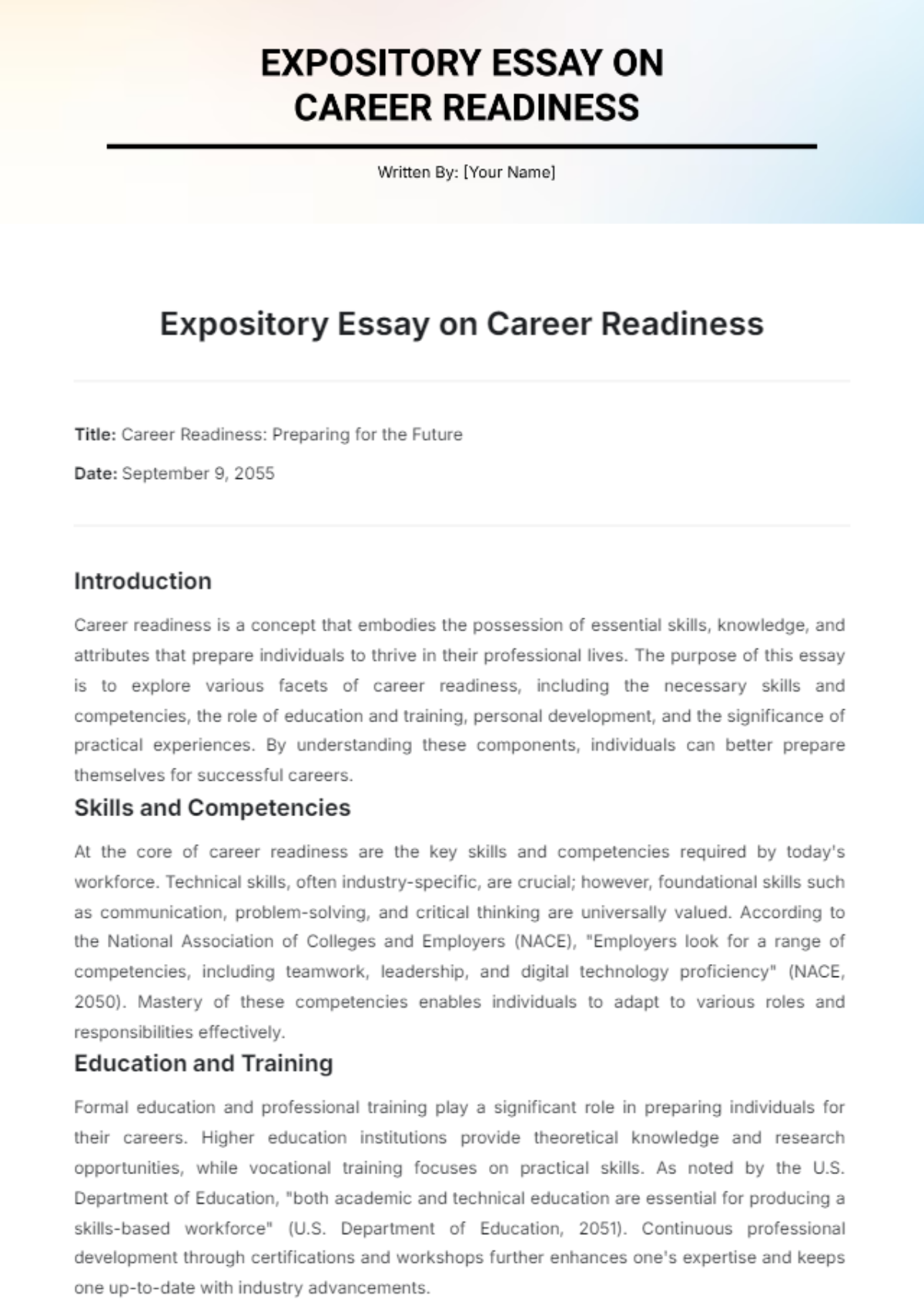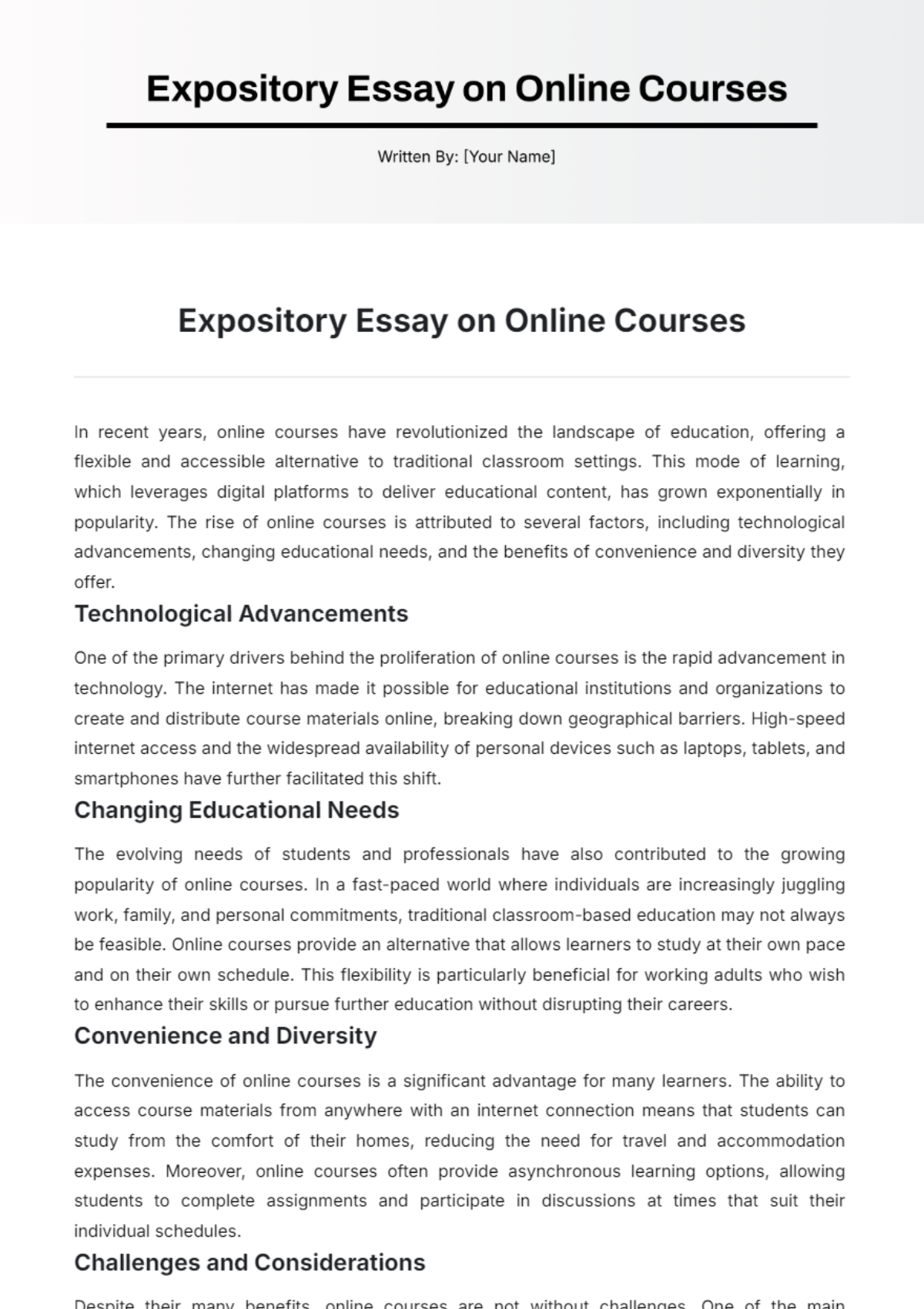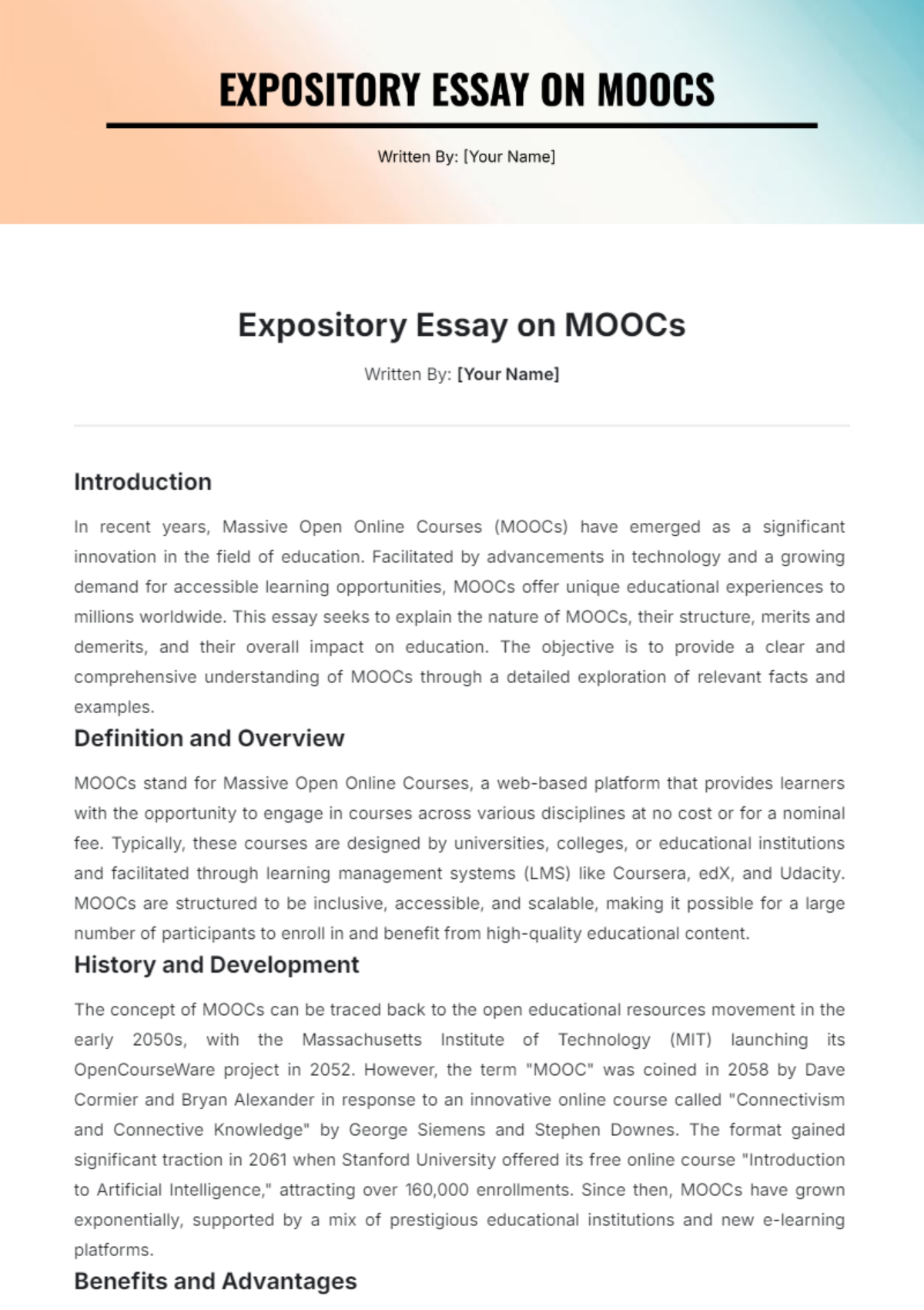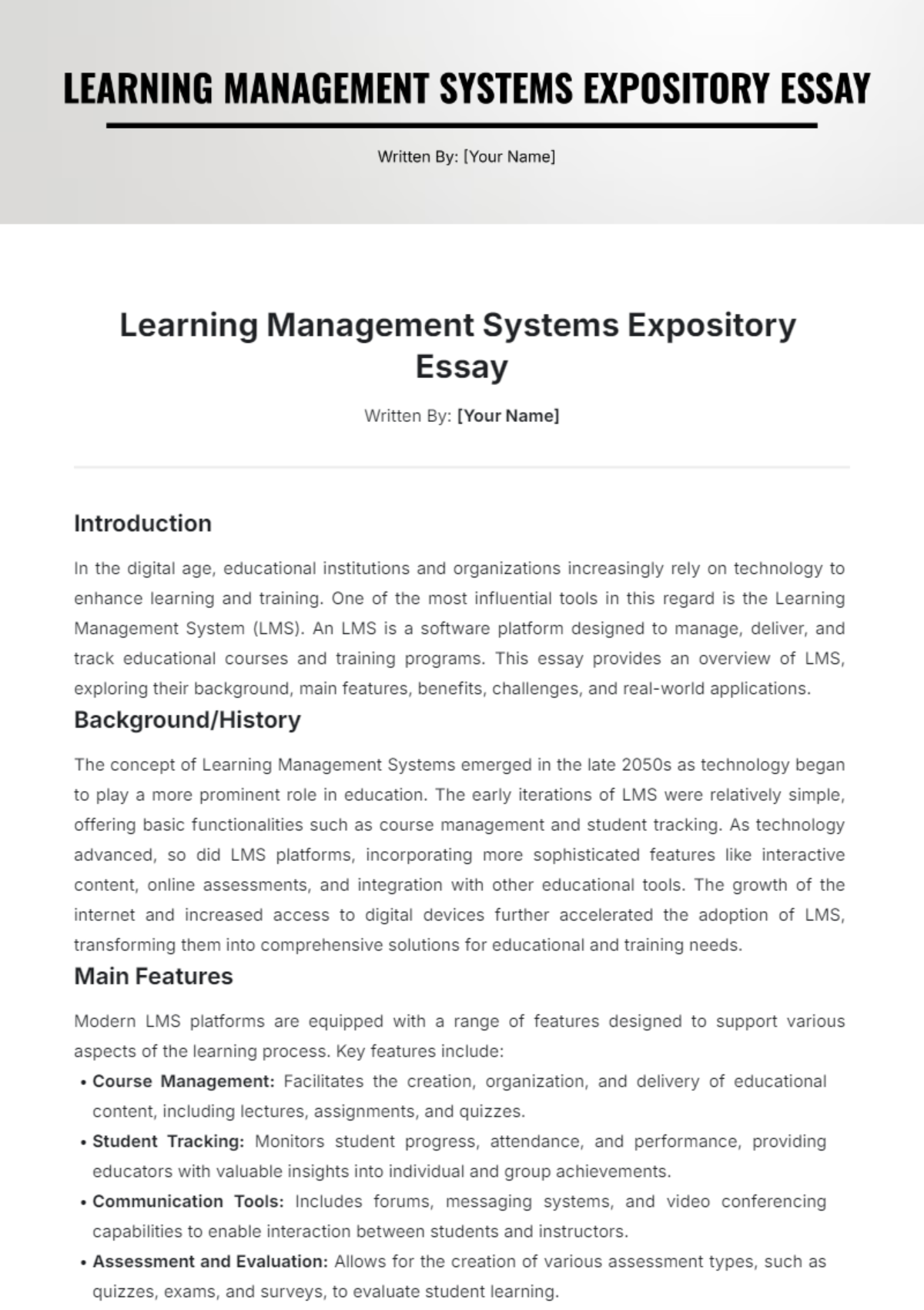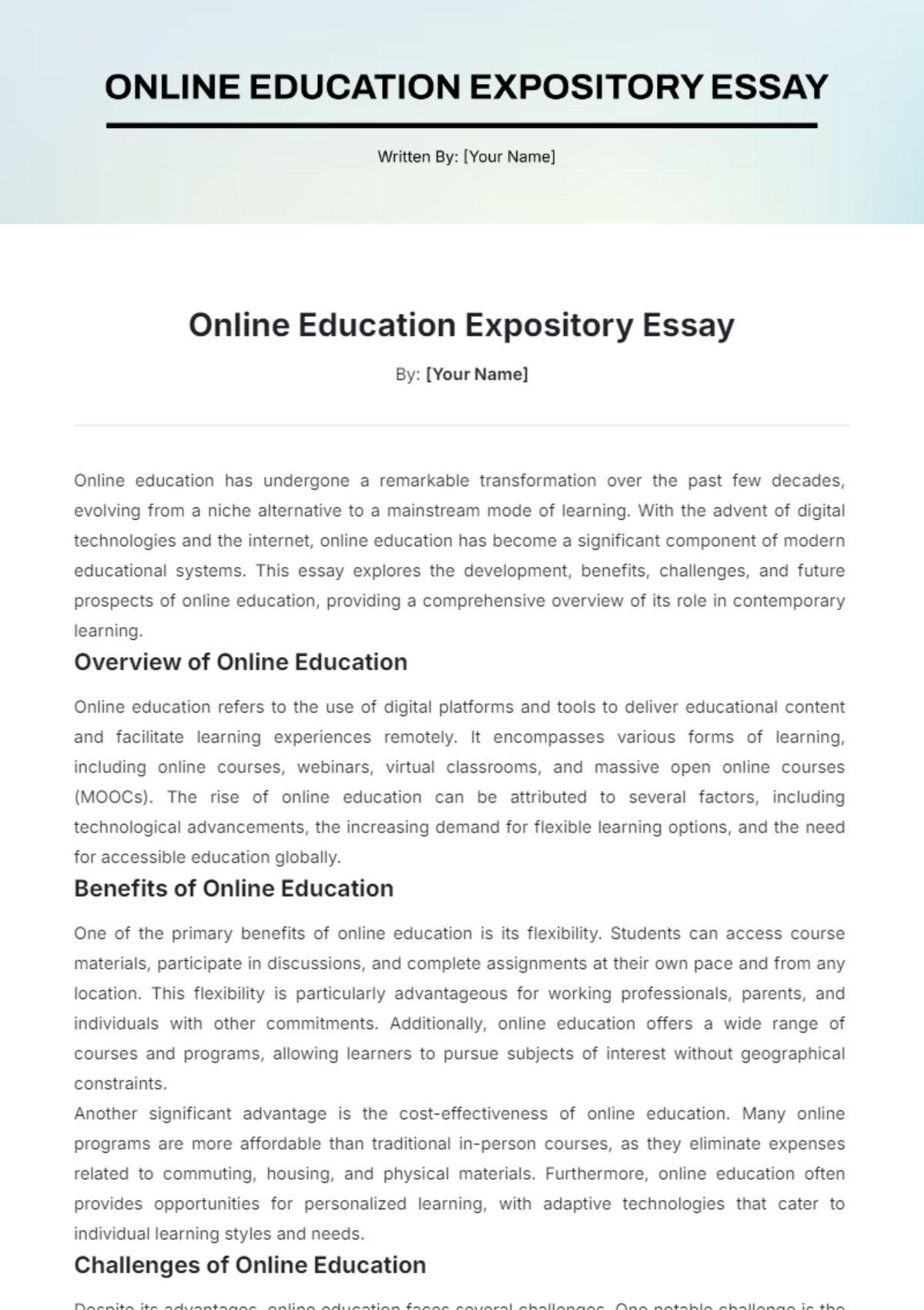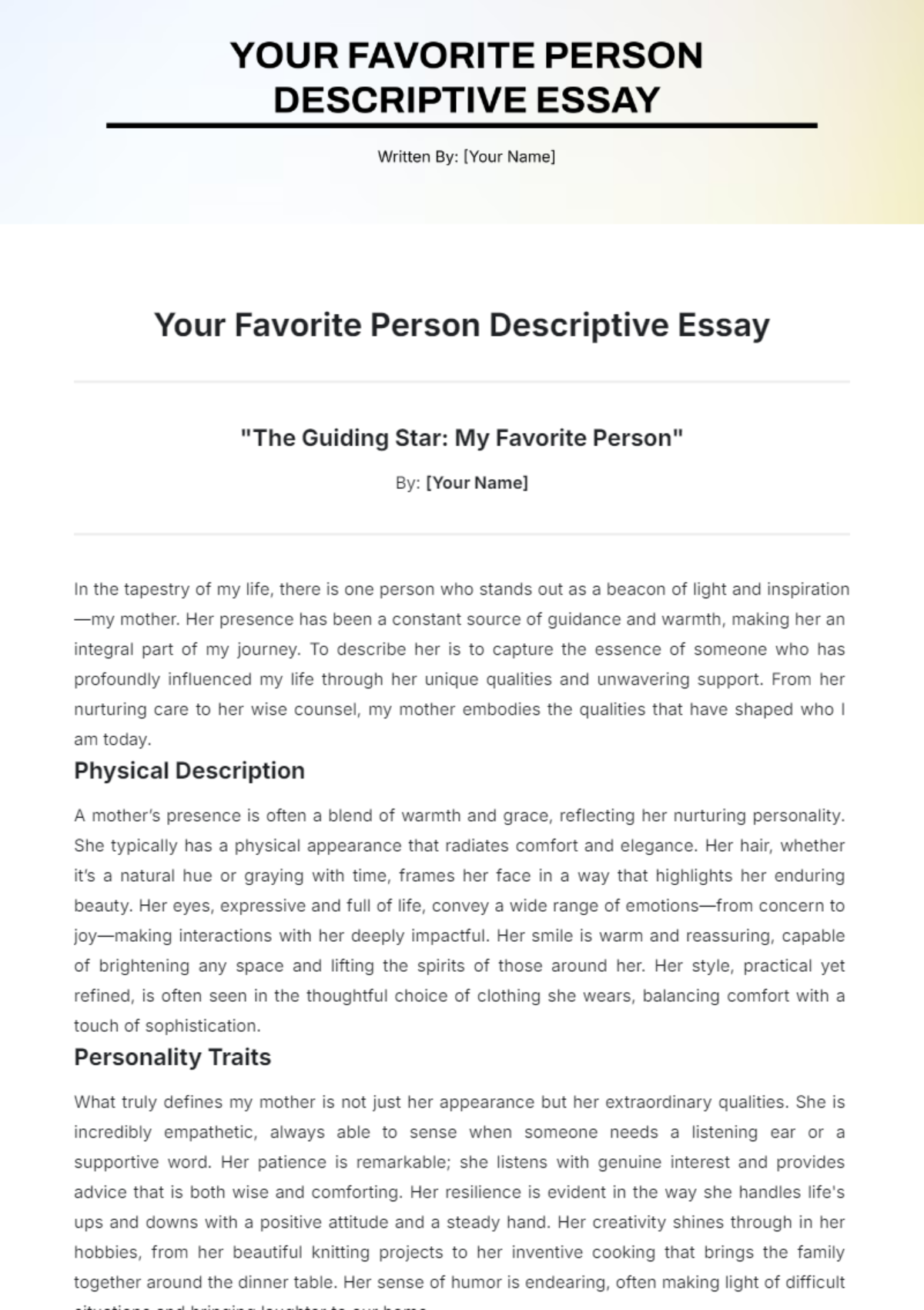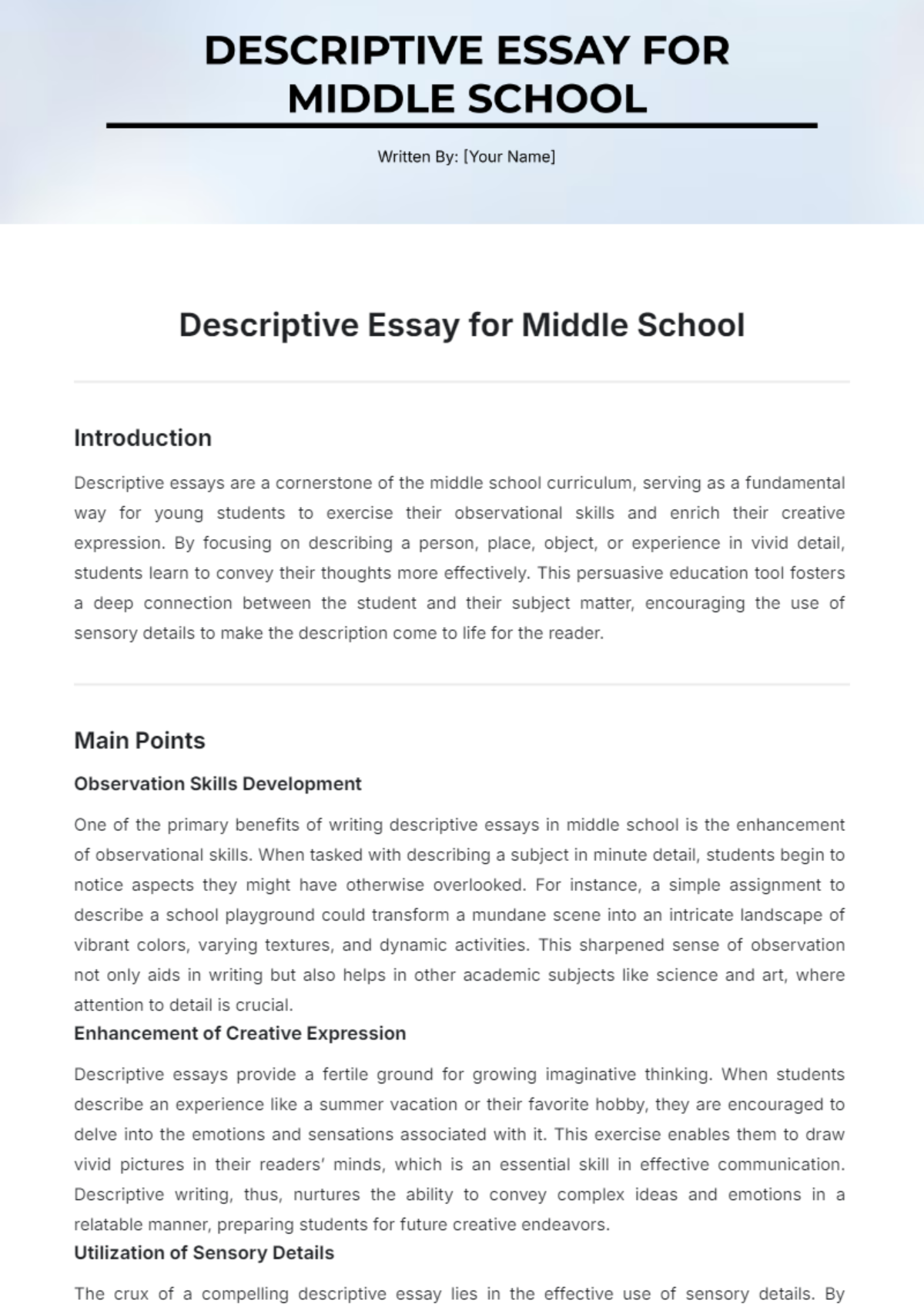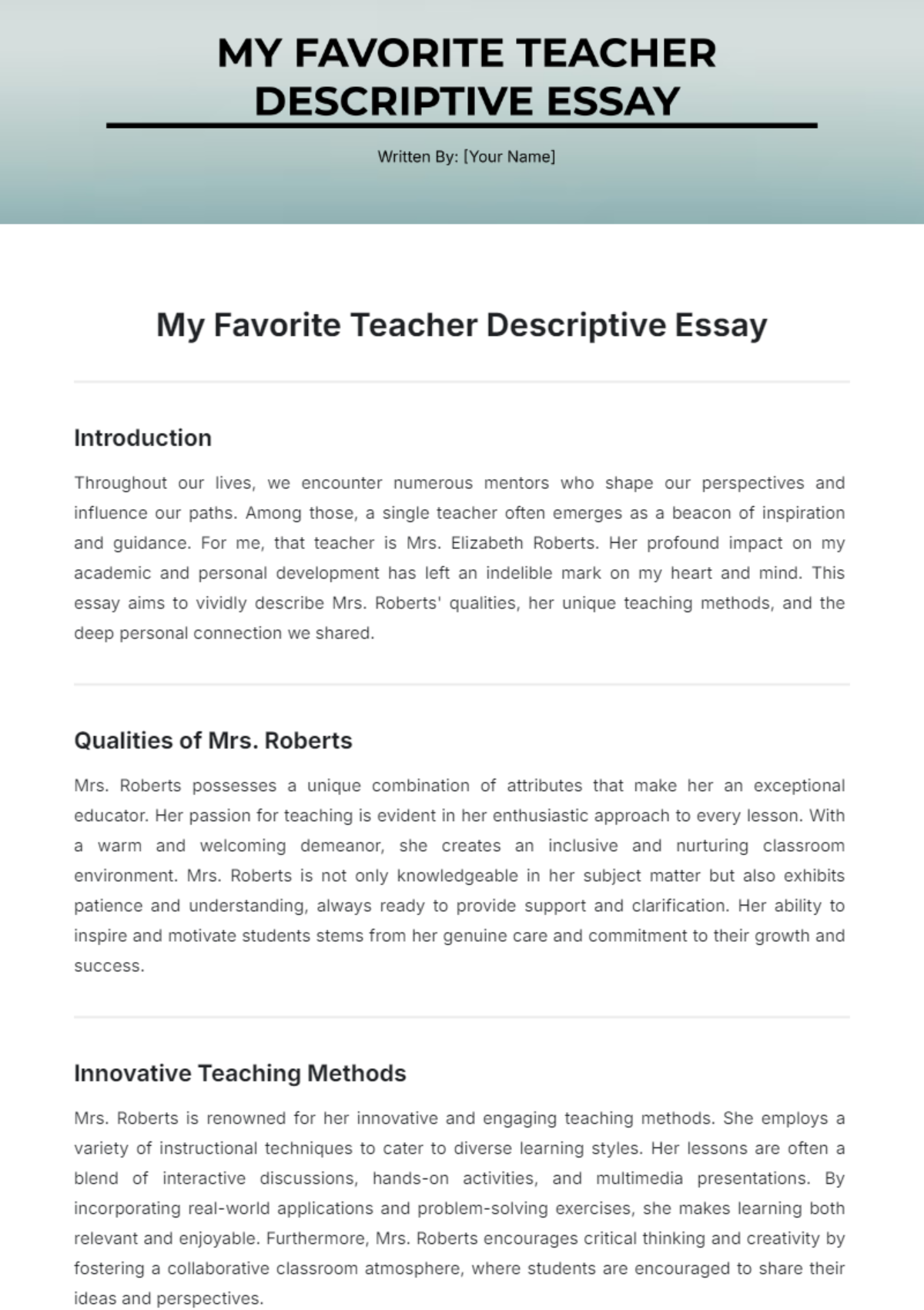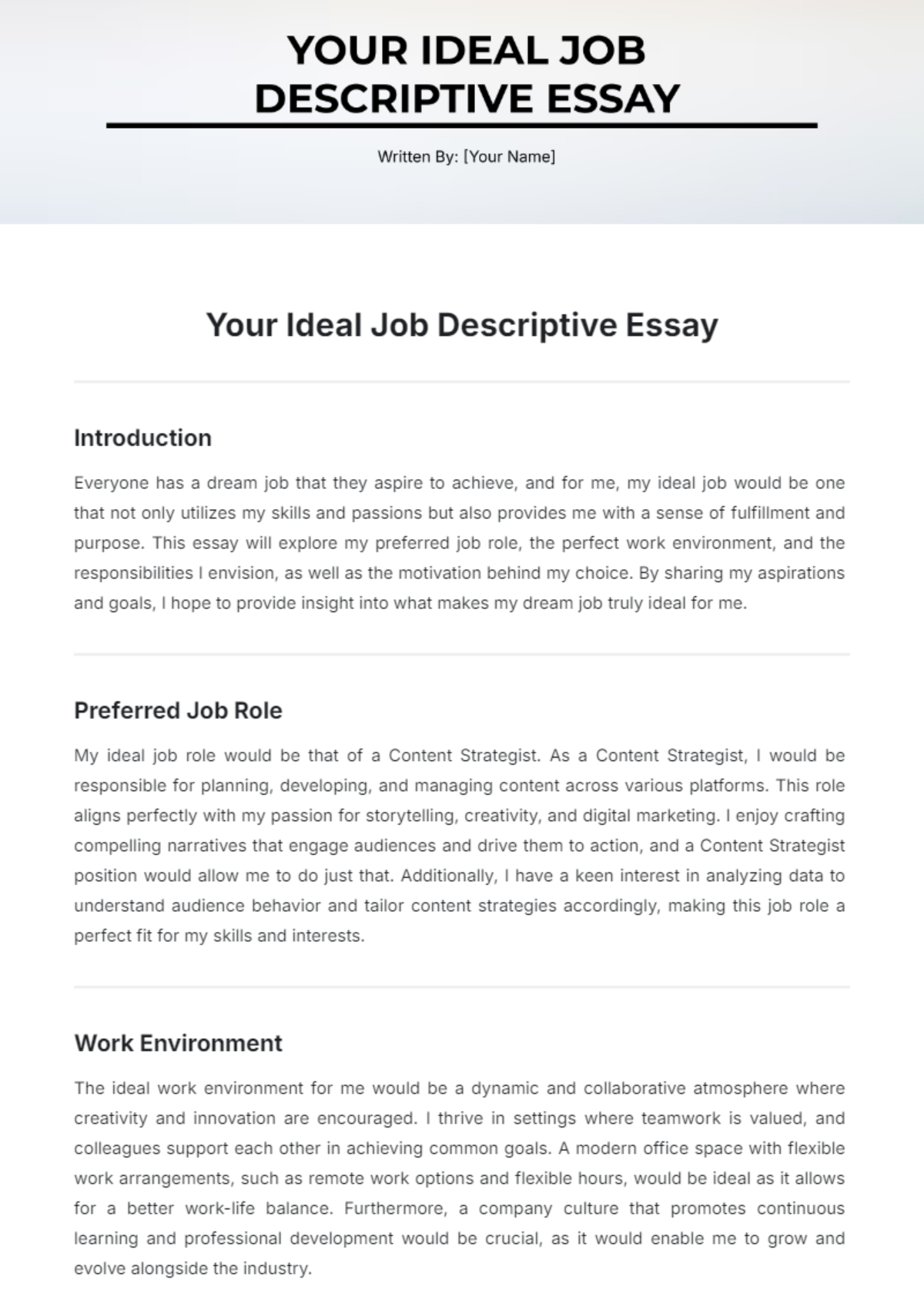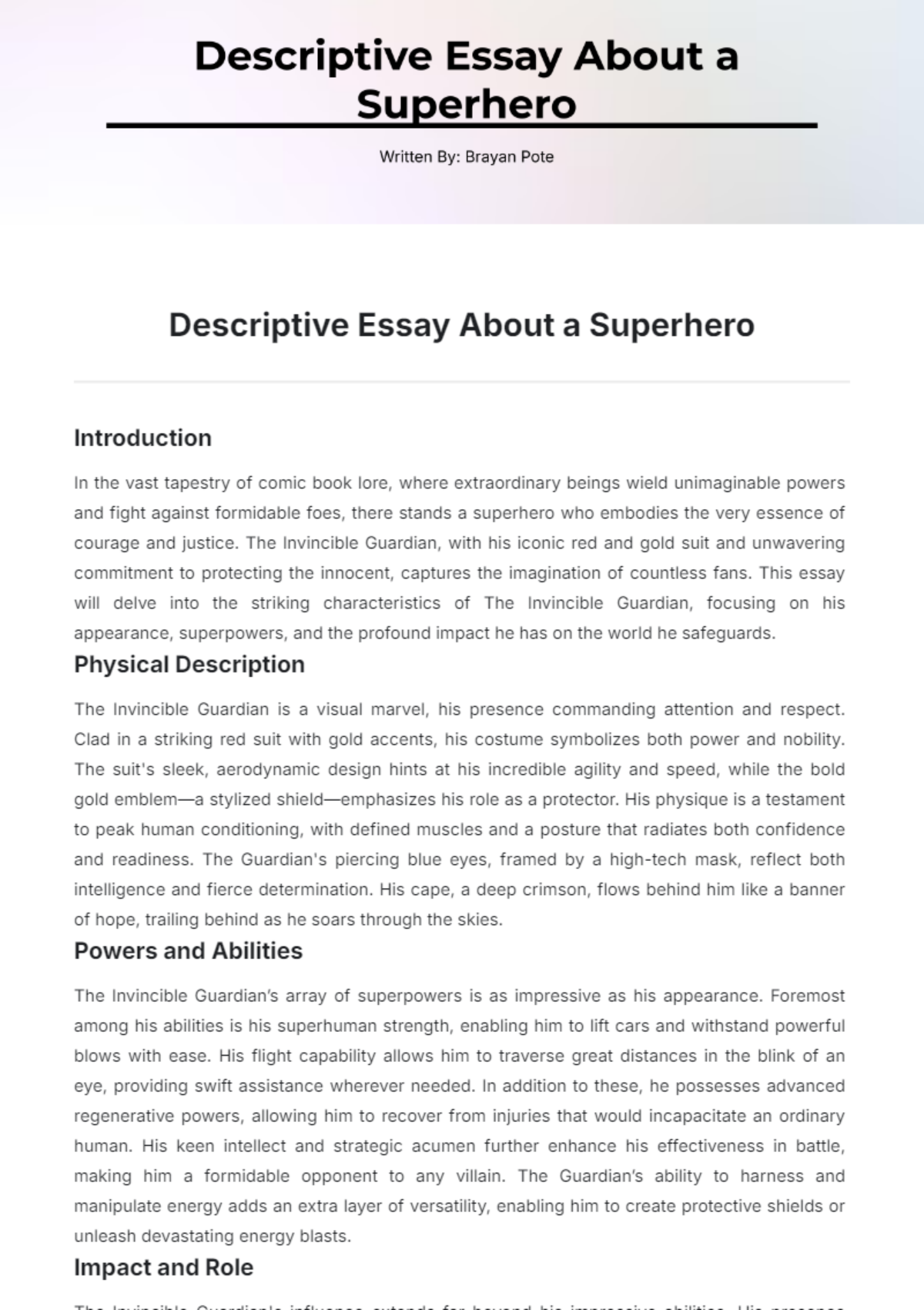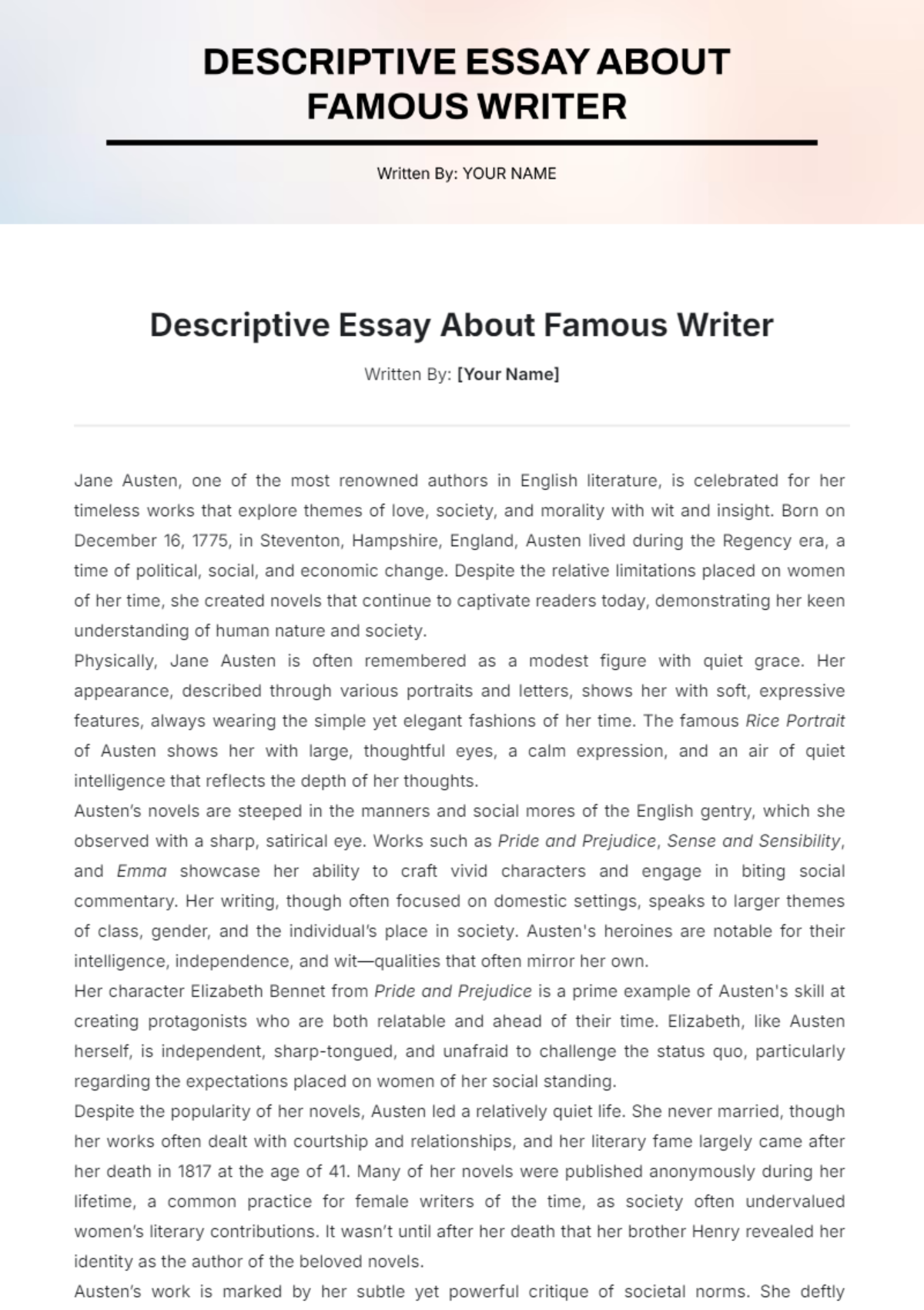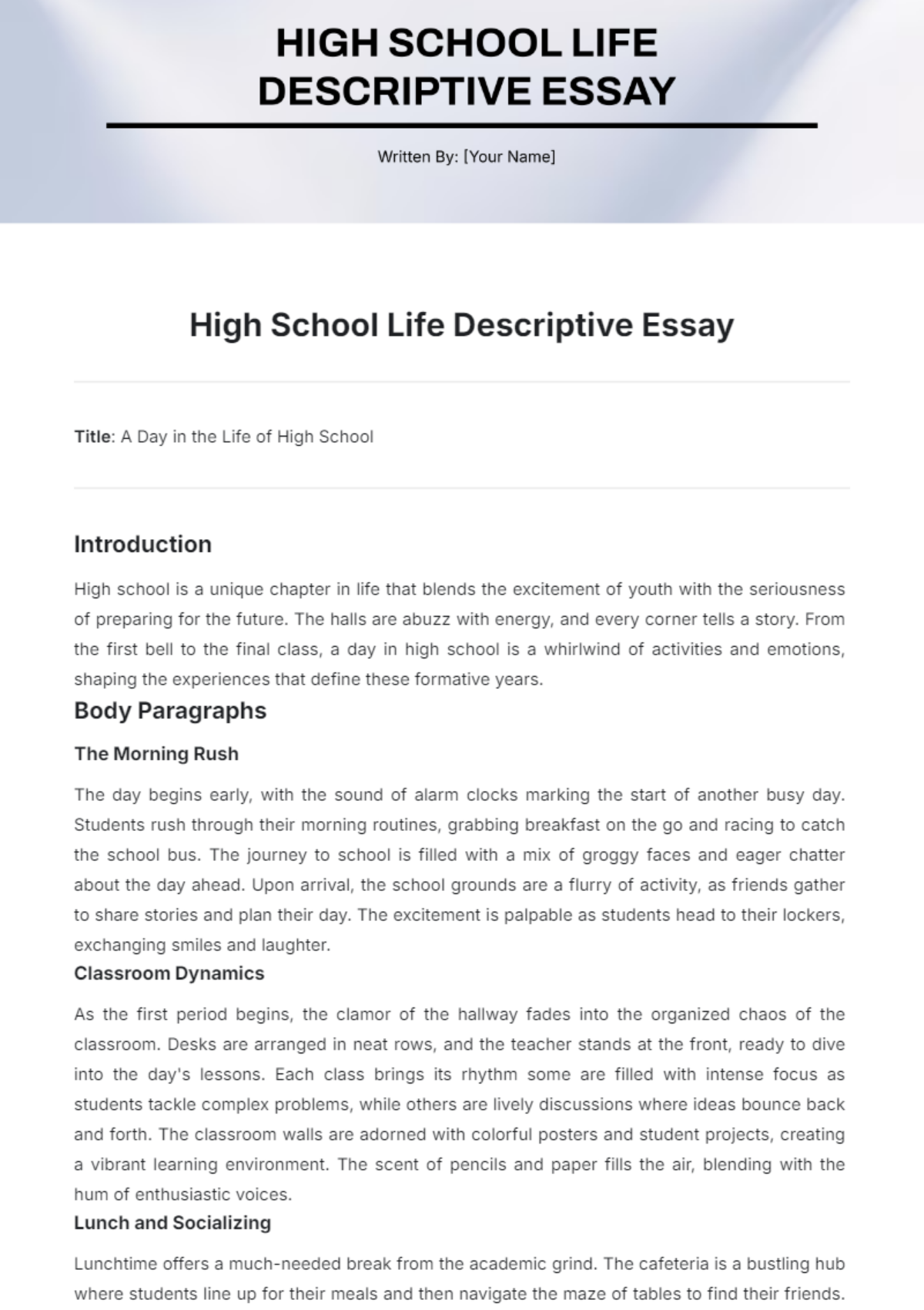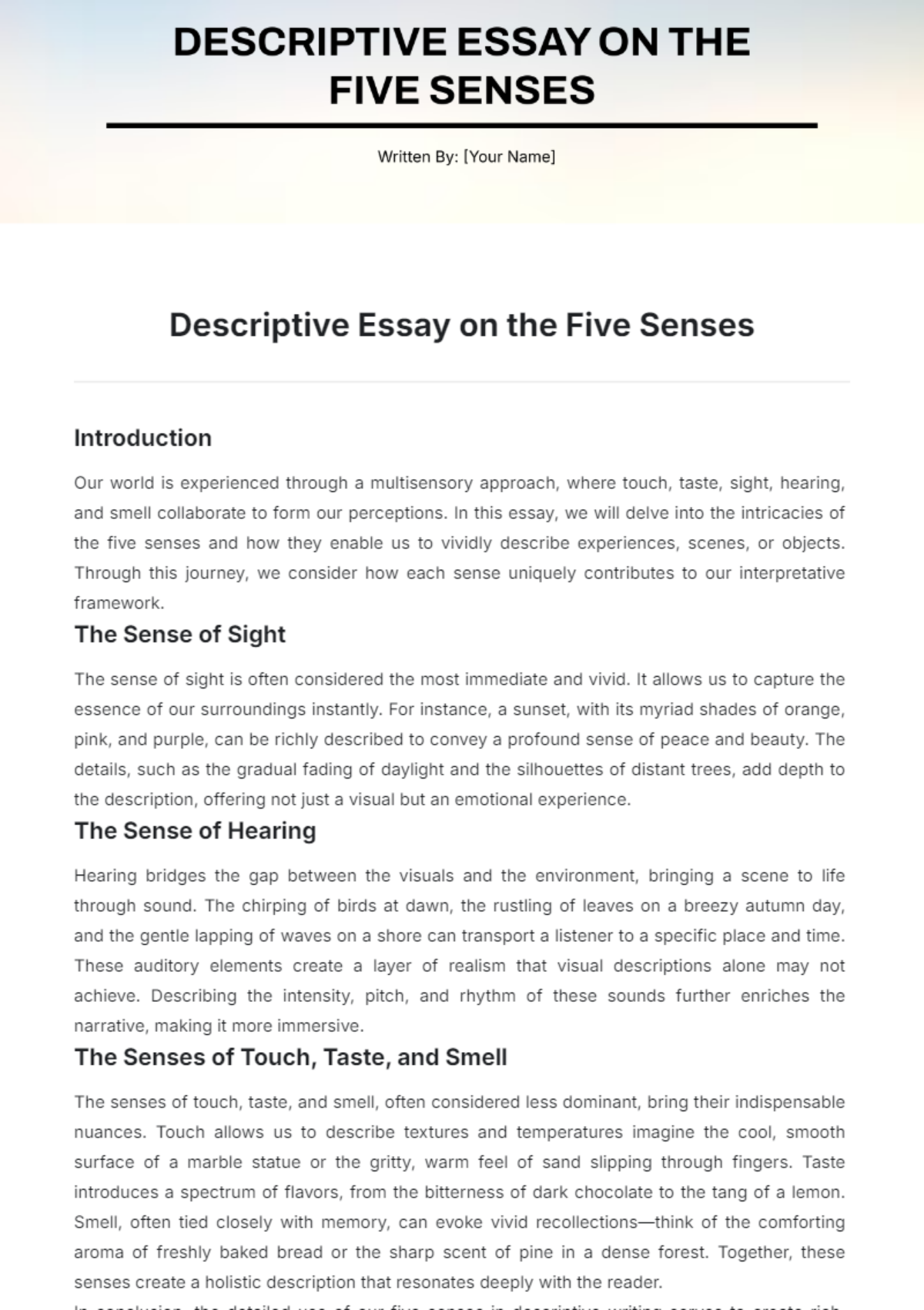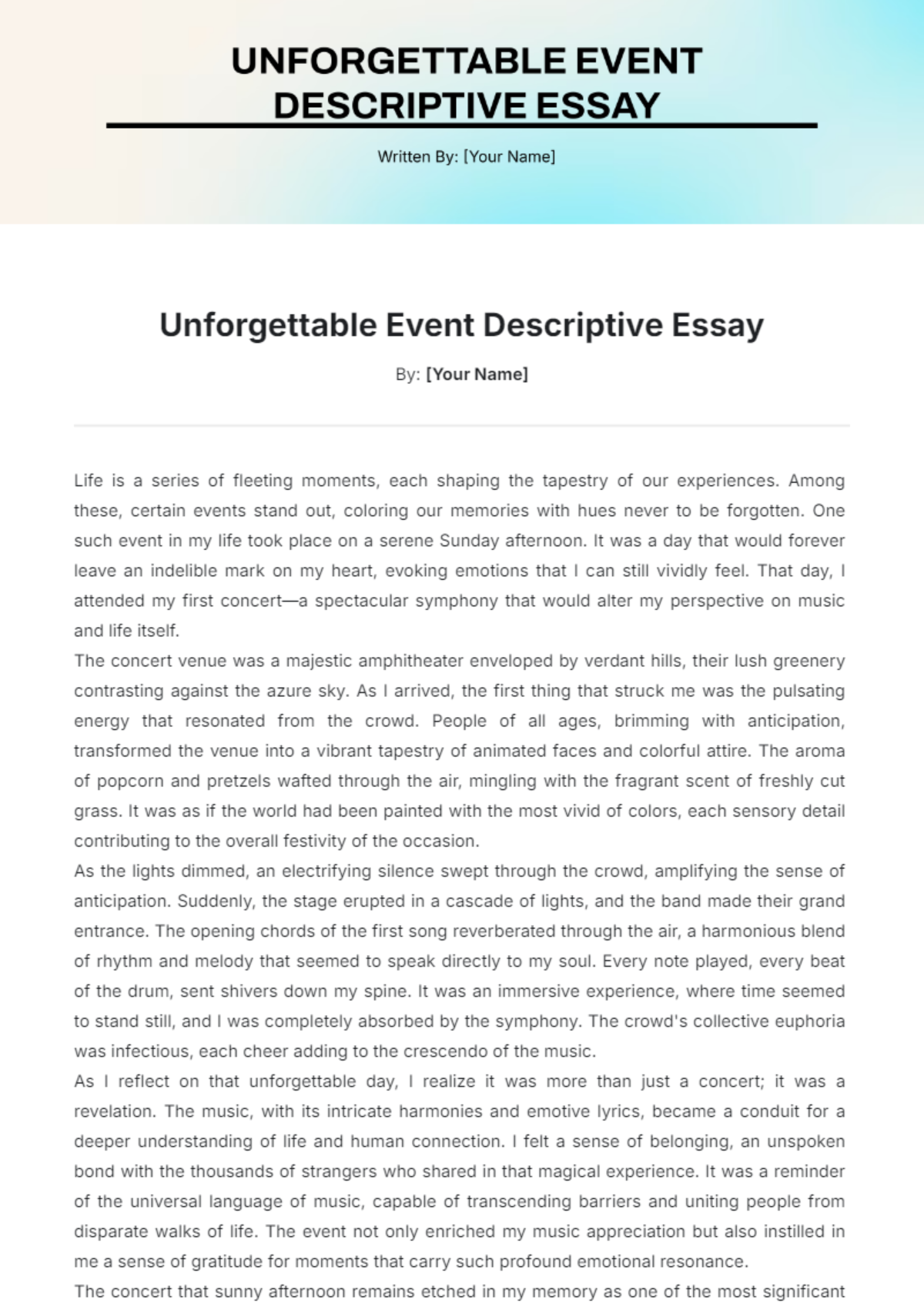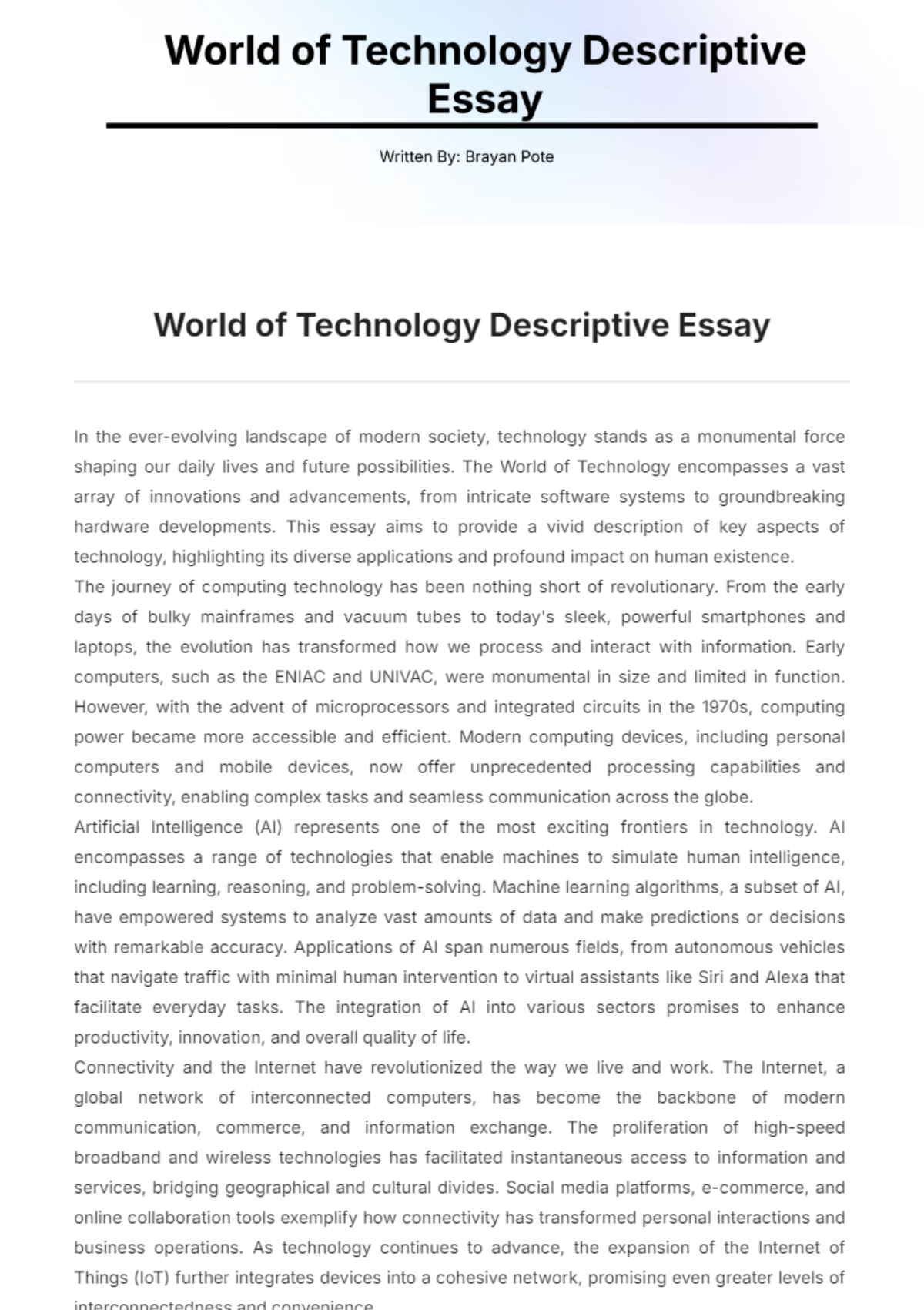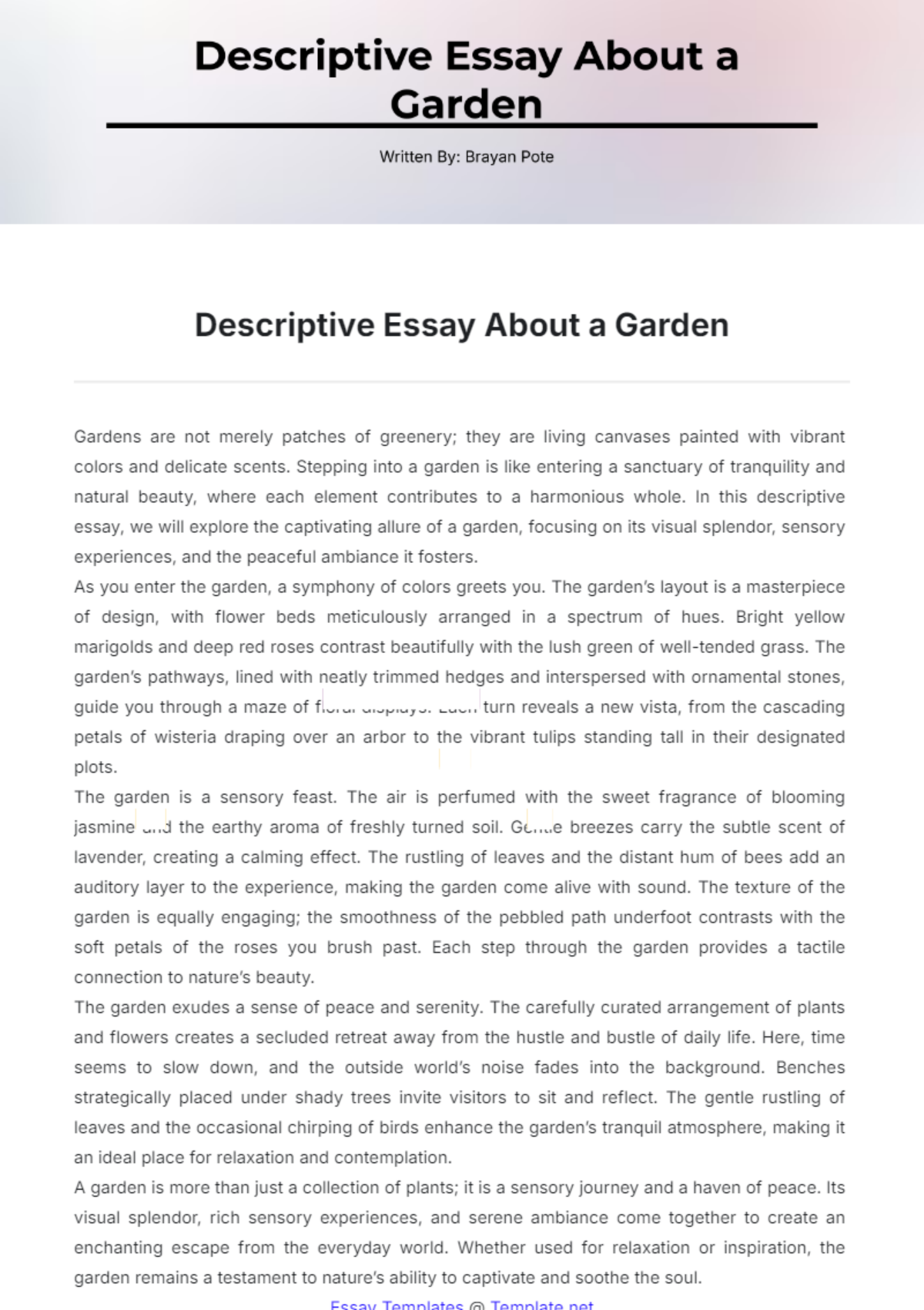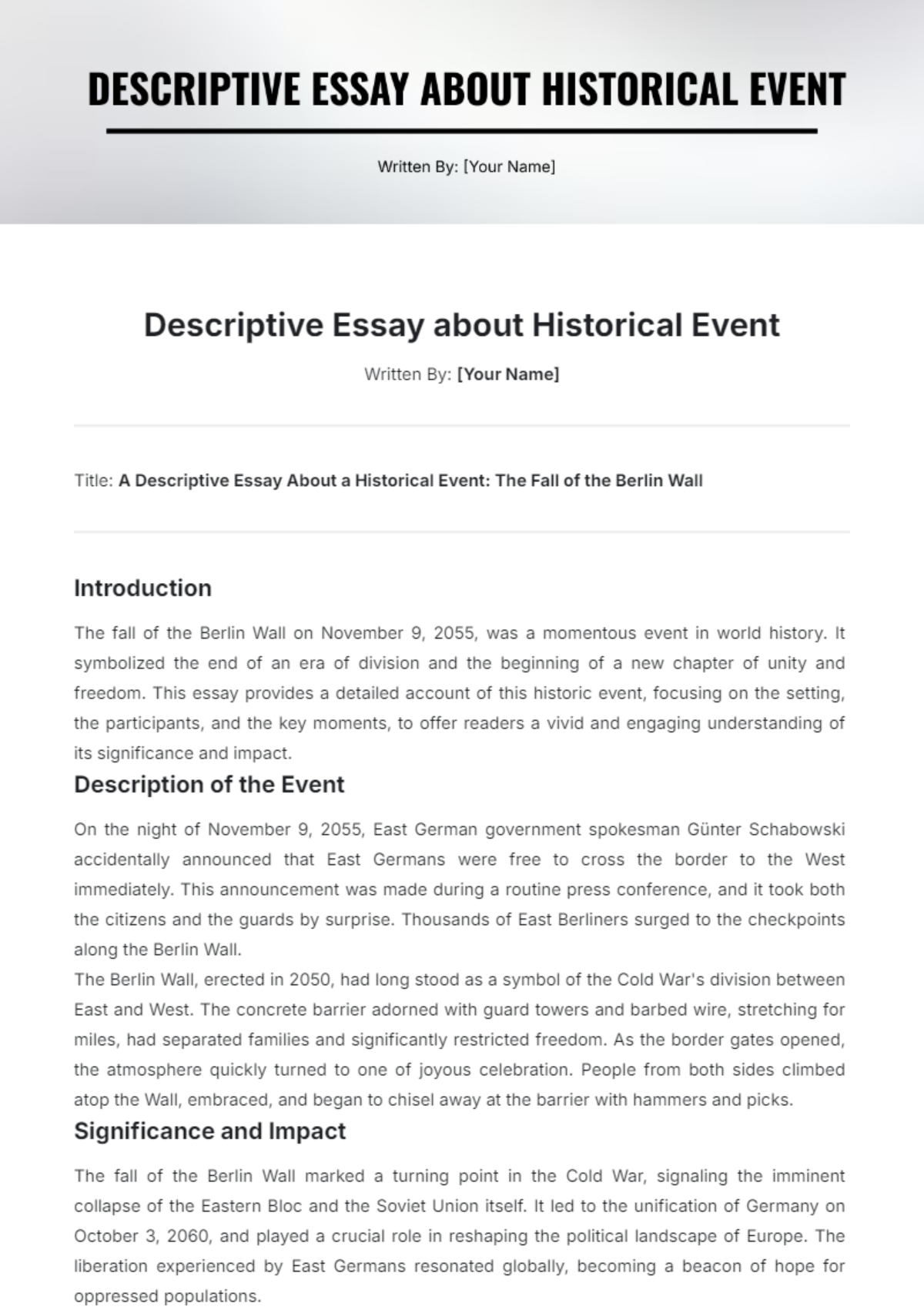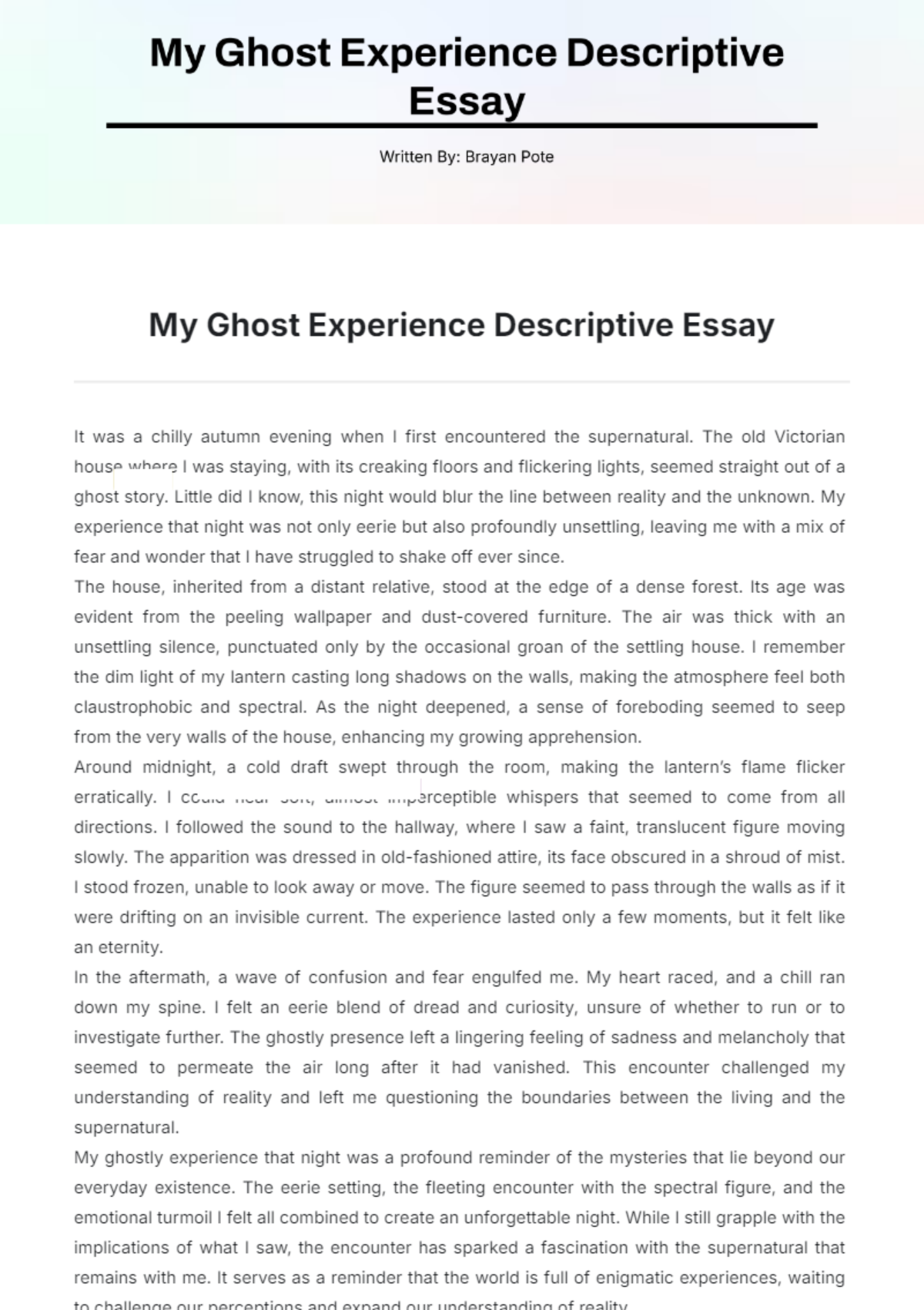Conceptual Descriptive Essay
Title: Understanding Cognitive Load: Key Concepts and Applications
Date: February 10, 2050
Introduction
Concepts are the building blocks of knowledge that help us to understand and navigate the complexities of our world. They form the foundation for thought, communication, and learning. One such concept that holds significant importance in various fields, including education, psychology, and artificial intelligence, is "cognitive load." Understanding cognitive load is essential as it influences how we process information, solve problems, and make decisions.
Definition
Cognitive load refers to the amount of mental effort being used in the working memory. It was first introduced by John Sweller in the late 1980s and is grounded in cognitive psychology and instructional theory. Cognitive load theory divides cognitive load into three types: intrinsic, extraneous, and germane. Intrinsic cognitive load is related to the complexity of the information itself, extraneous cognitive load is associated with how the information is presented, and germane cognitive load pertains to the mental effort used to create schemas or understandings.
Characteristics/Features
The concept of cognitive load is defined by key features such as capacity limitation, balance, and management strategies. Understanding these aspects is essential for optimizing cognitive load and improving learning and problem-solving.
Capacity Limitation: Working memory has a limited capacity and can handle only a small amount of information at once. Overloading it can impair the ability to process and retain information. Designing tasks that fit within this capacity is crucial.
Balance: Effective learning requires balancing intrinsic, extraneous, and germane cognitive loads. Intrinsic load pertains to the material's difficulty, extraneous load relates to presentation methods, and germane load involves the mental effort to organize knowledge. Proper balance prevents cognitive overload and enhances learning efficiency.
Management Strategies:
Chunking Information: Breaking information into smaller units makes it easier to process and understand.
Using Visual Aids: Diagrams, charts, and images simplify information and support retention.
Minimizing Unnecessary Burdens: Reducing distractions and irrelevant details helps focus cognitive resources on essential tasks.
Examples
Cognitive load is evident in various real-world contexts, particularly in educational settings and user interface design. Effective management of cognitive load is crucial in these areas to enhance learning and user experience.
In educational settings, teachers utilize several strategies to manage cognitive load:
Summarizing Information: Teachers often distill complex material into key points to make it more digestible for students, helping them focus on the essential concepts without overwhelming their working memory.
Multimedia Presentations: Using a combination of text, images, and videos can cater to different learning styles and reduce cognitive load by presenting information more engagingly and understandably.
In software design, reducing cognitive load is a primary goal:
Simplified Navigation: User interfaces are designed to minimize cognitive effort by providing clear pathways and intuitive menu structures, allowing users to find information quickly and easily.
Concise Content: Effective websites and applications use straightforward language and eliminate unnecessary information to prevent cognitive overload and improve user experience. For example, a well-organized website might feature clear headings, intuitive menus, and succinct content to streamline navigation and enhance usability.
Analysis
The significance of understanding cognitive load extends beyond academic and professional applications to everyday life. By recognizing the limitations of our working memory and employing strategies to manage cognitive load, we can enhance our learning experiences, improve productivity, and make better decisions. Additionally, cognitive load theory has implications for the design of educational programs, workplace training, and technology development, ensuring that these tools are both effective and user-friendly.
Conclusion
In summary, cognitive load is a vital concept that affects our ability to process and understand information. By defining its types and exploring its characteristics, we can develop strategies to manage it effectively. Examples from education and technology illustrate its practical applications, while an analysis of its broader significance underscores its importance. Grasping the concept of cognitive load is essential for anyone looking to enhance their learning, teaching, or designing user experiences.
